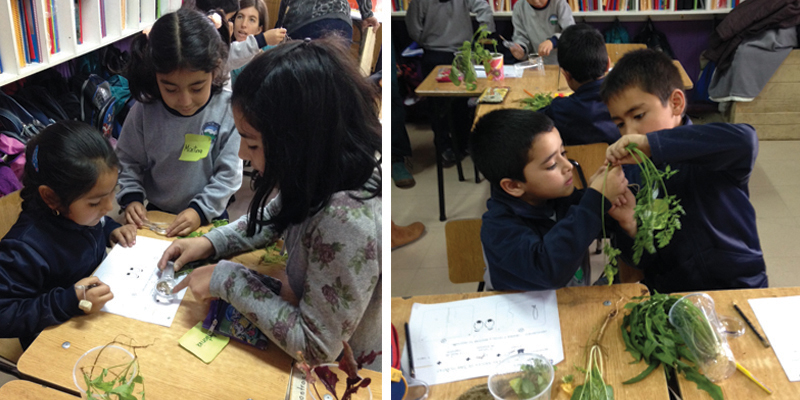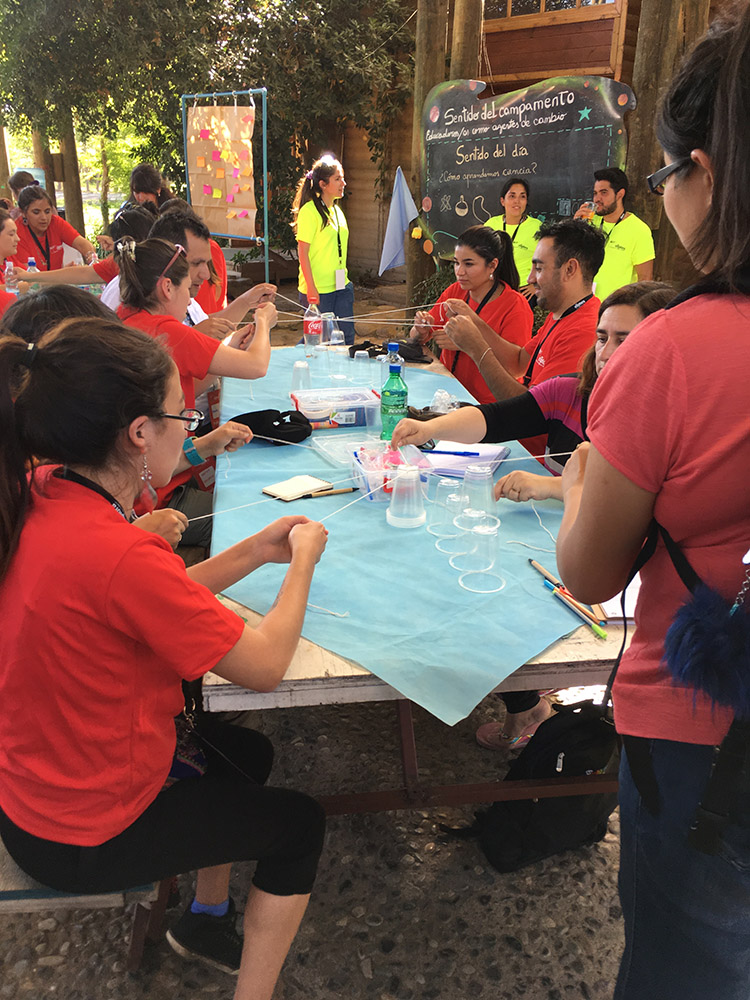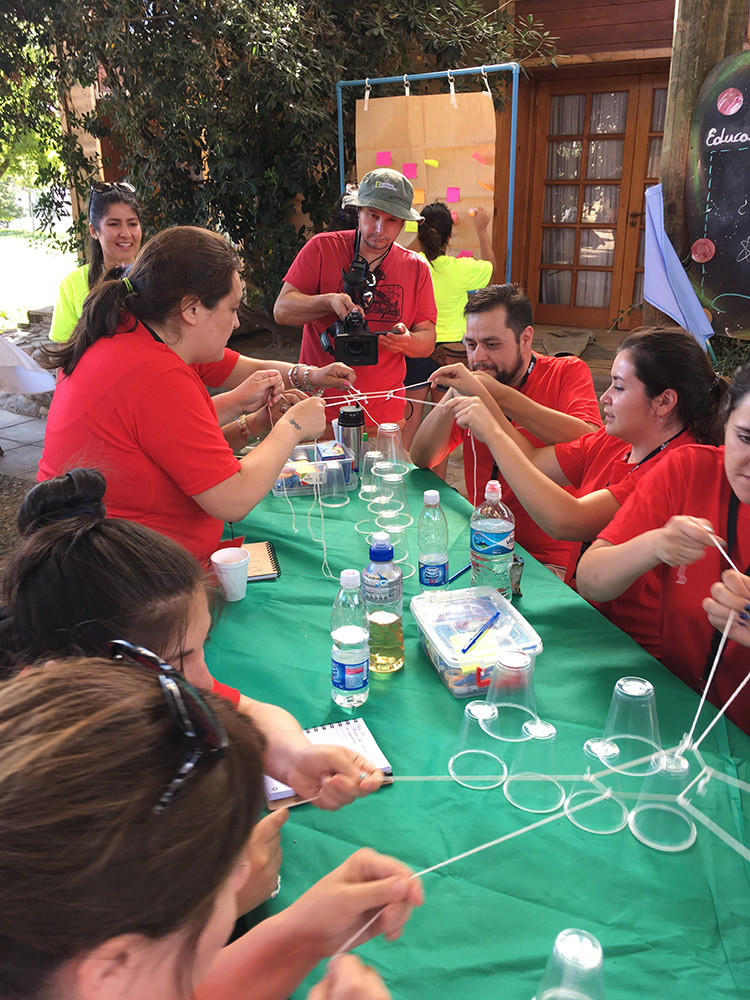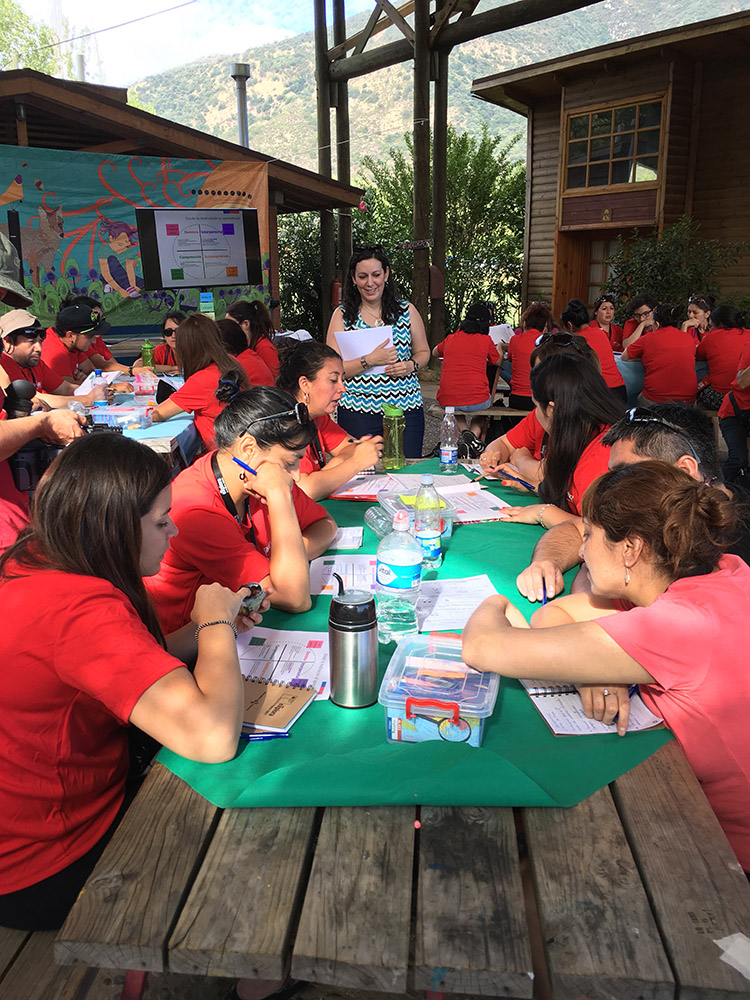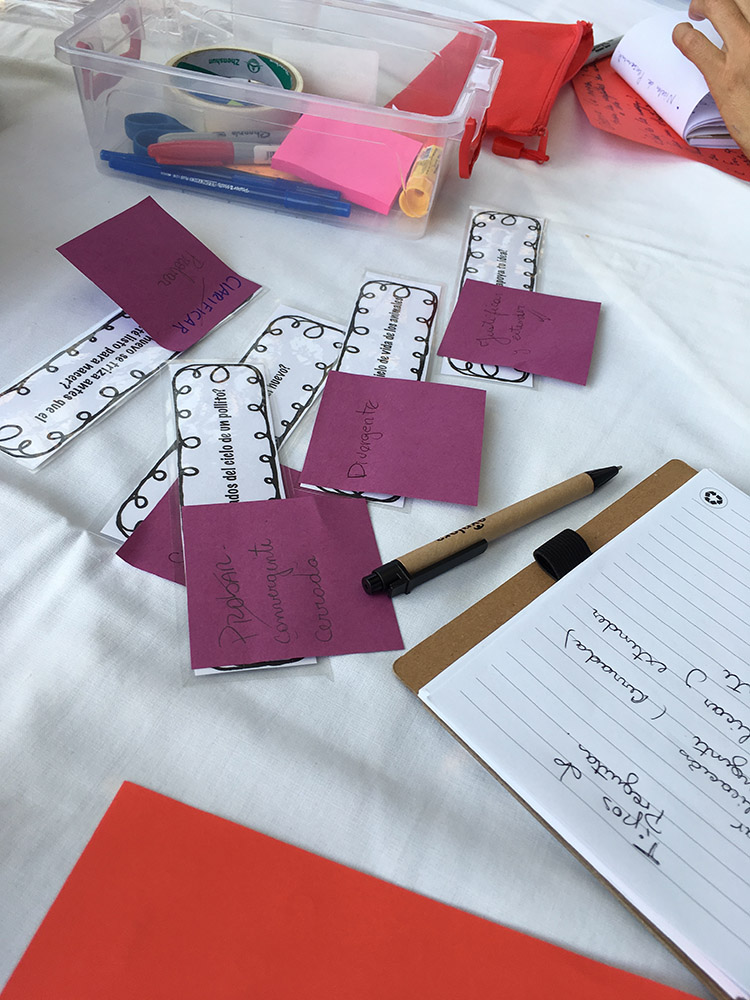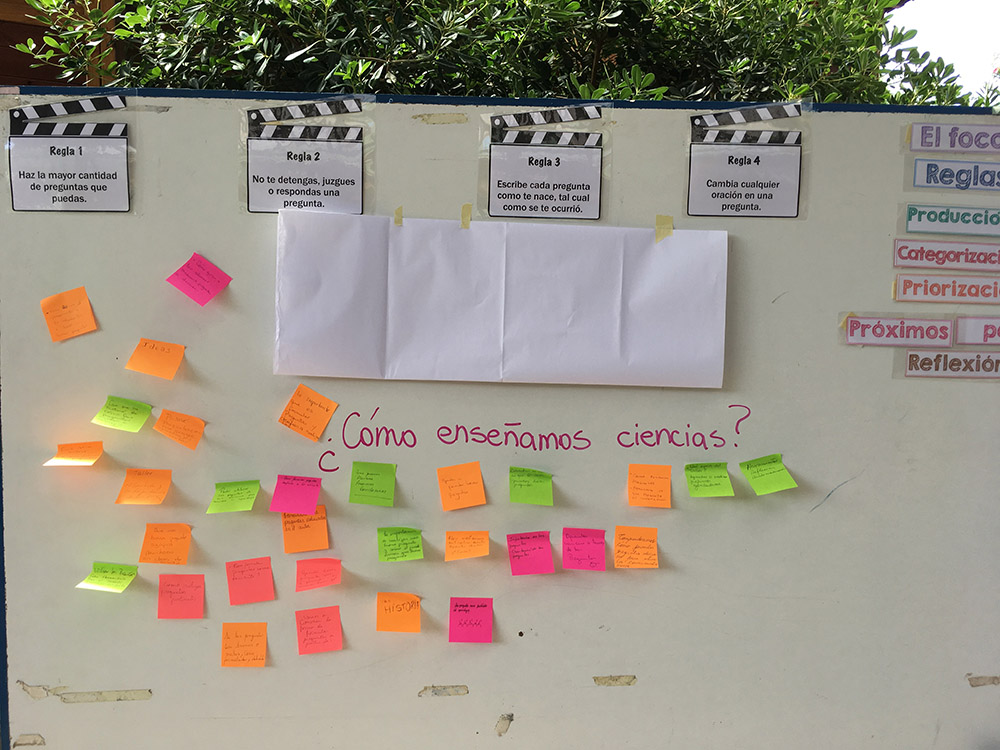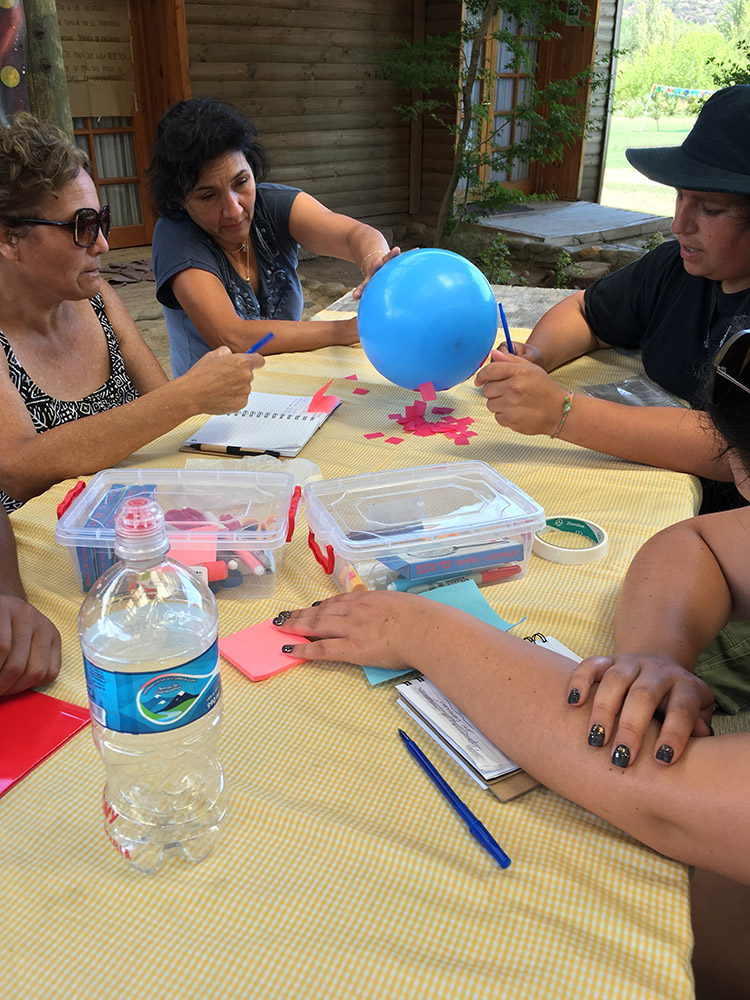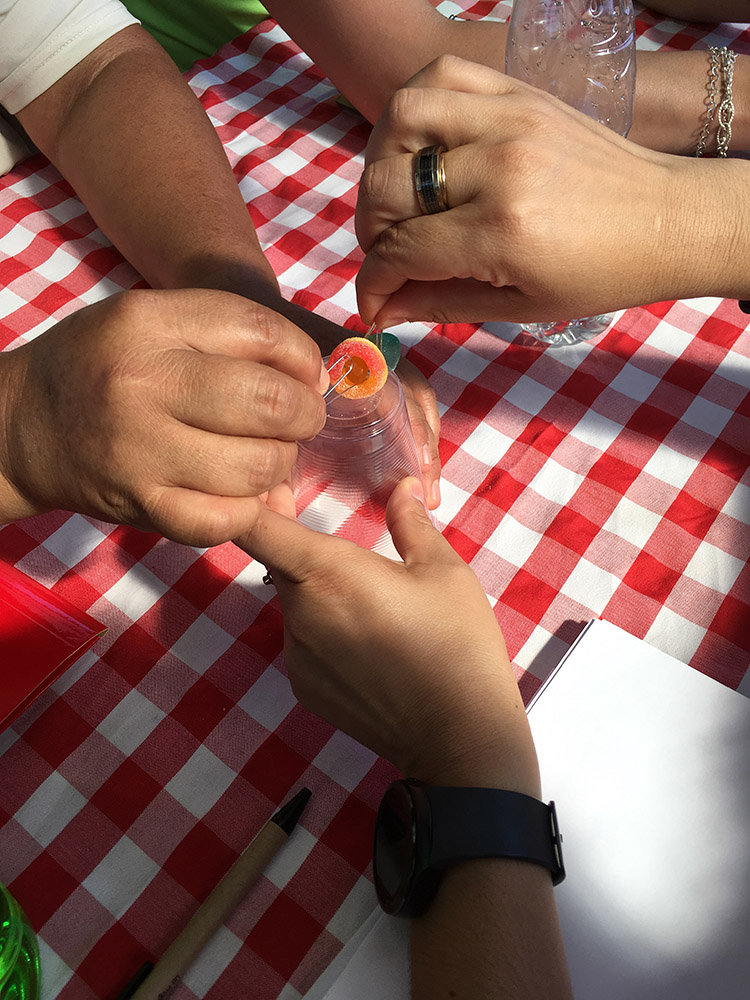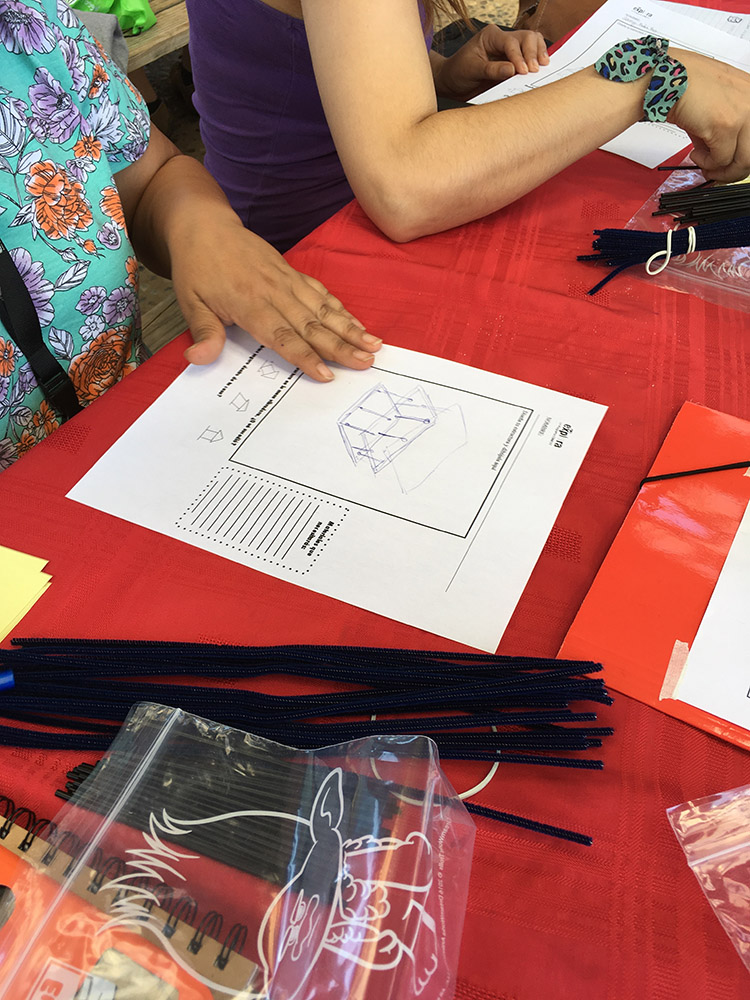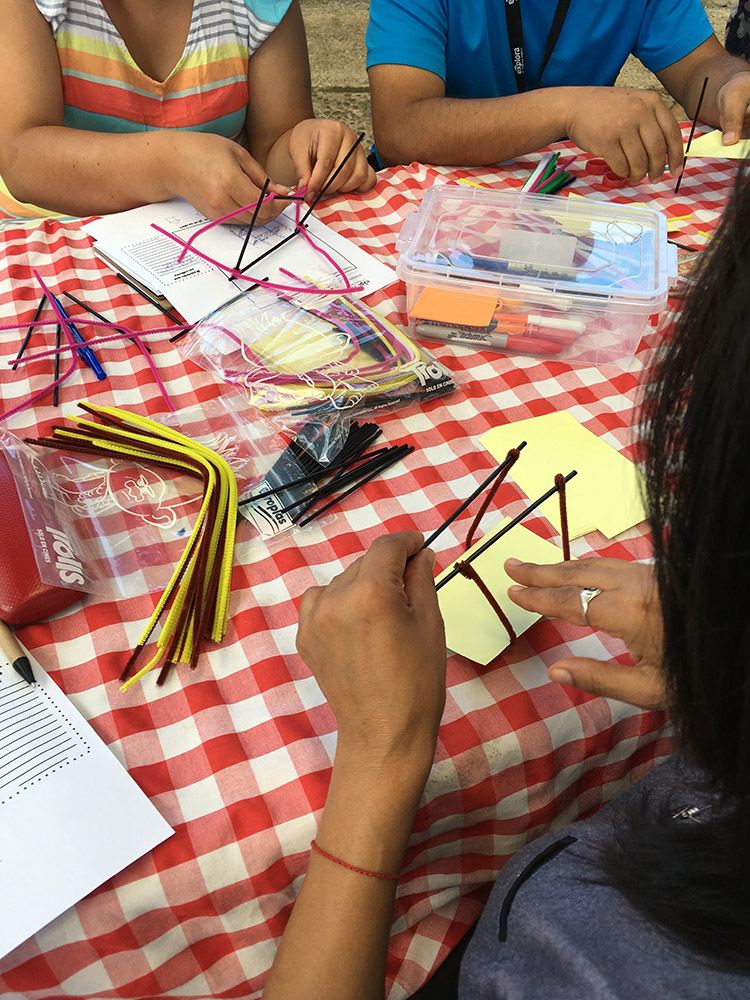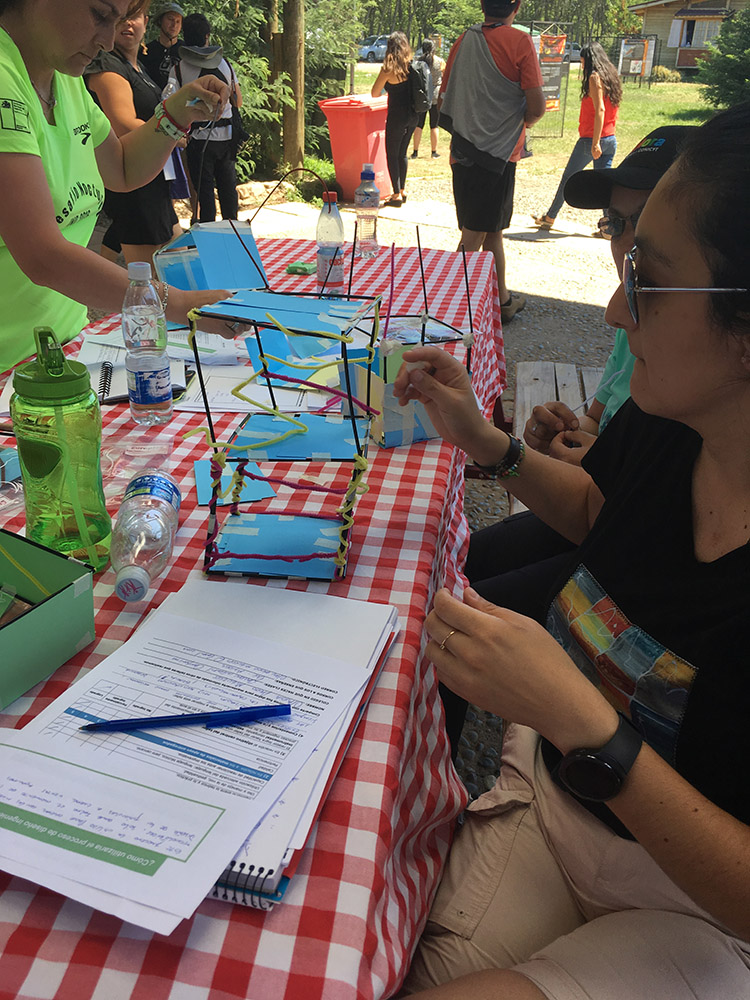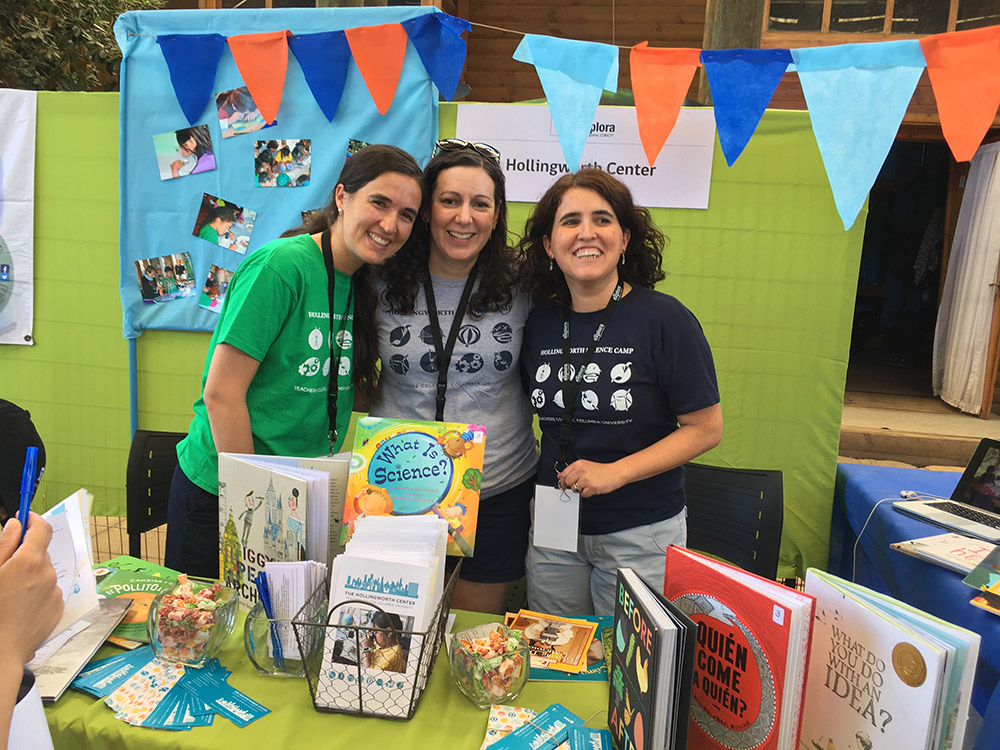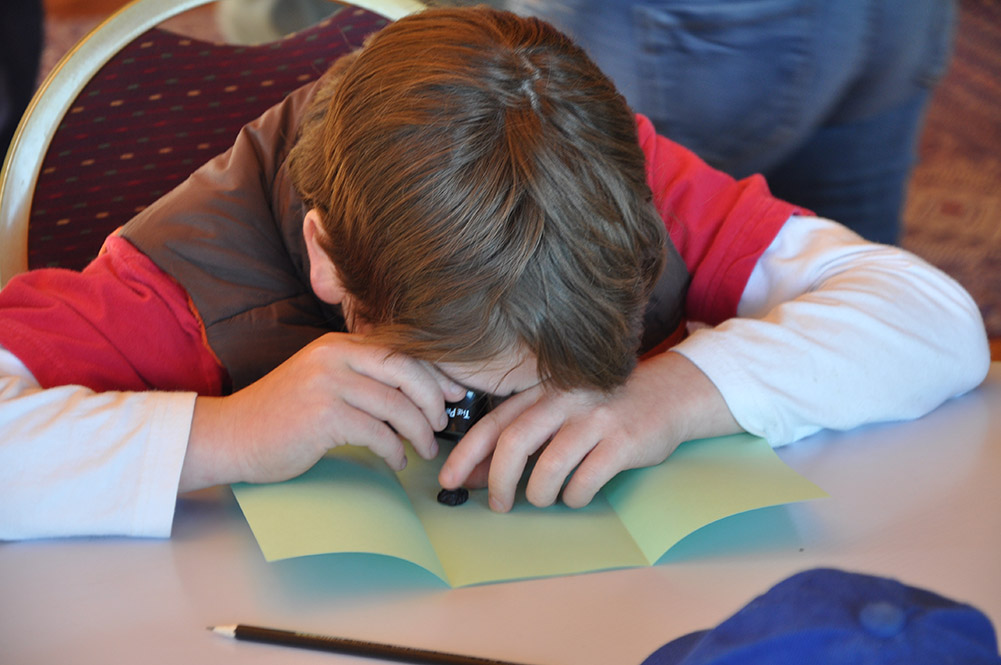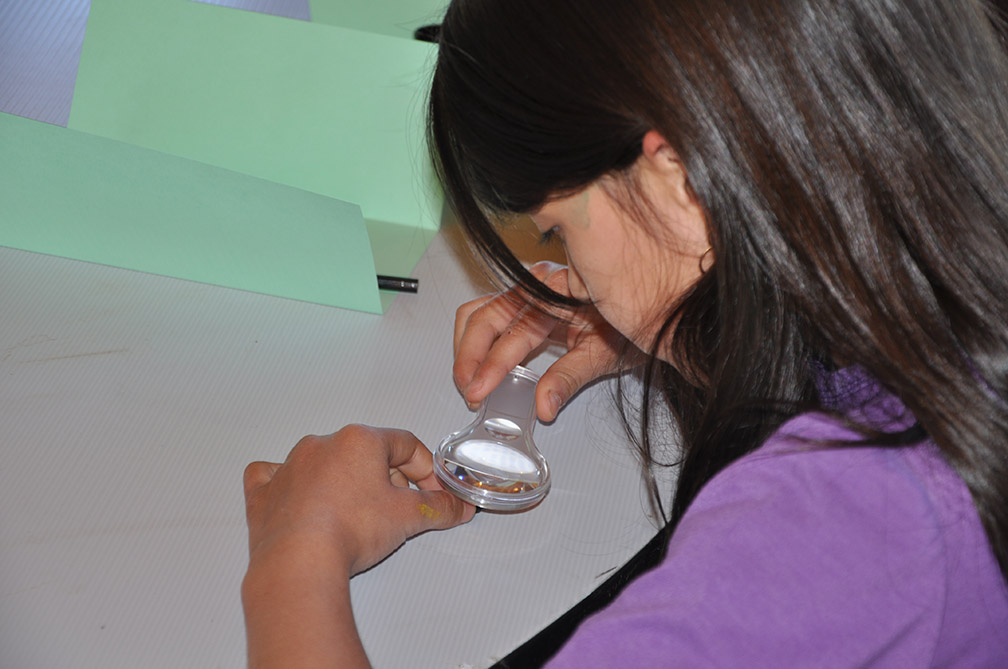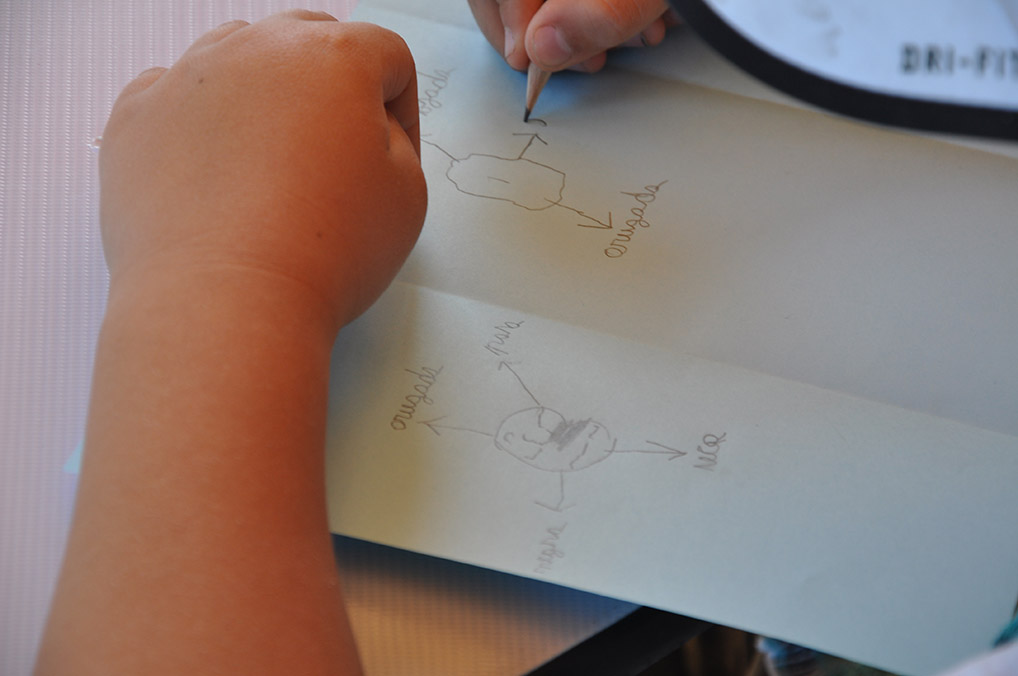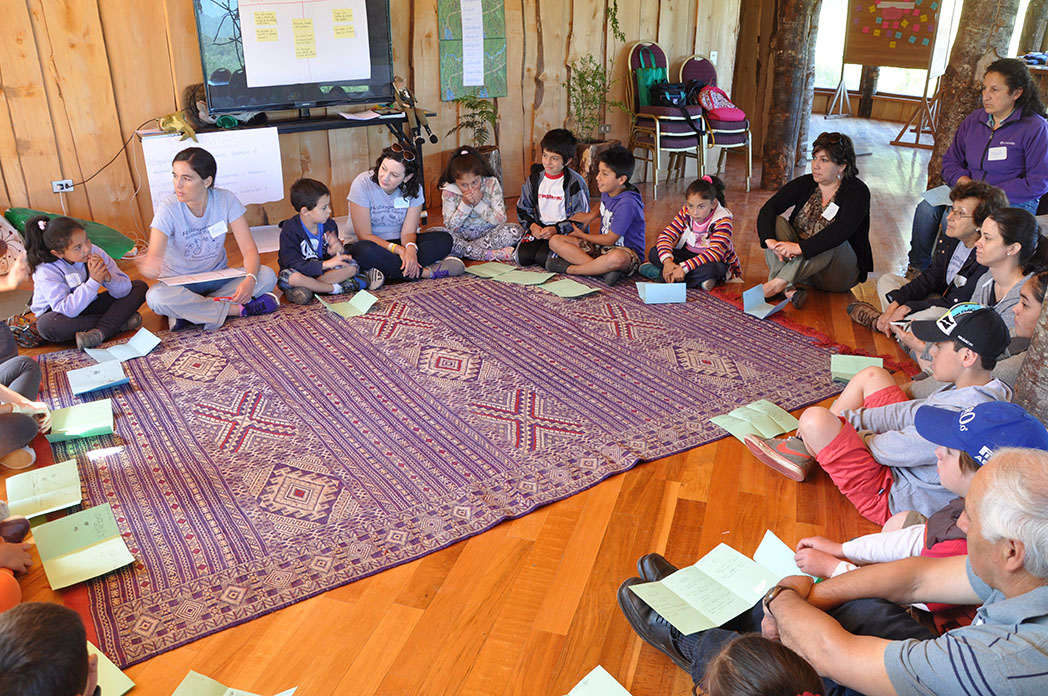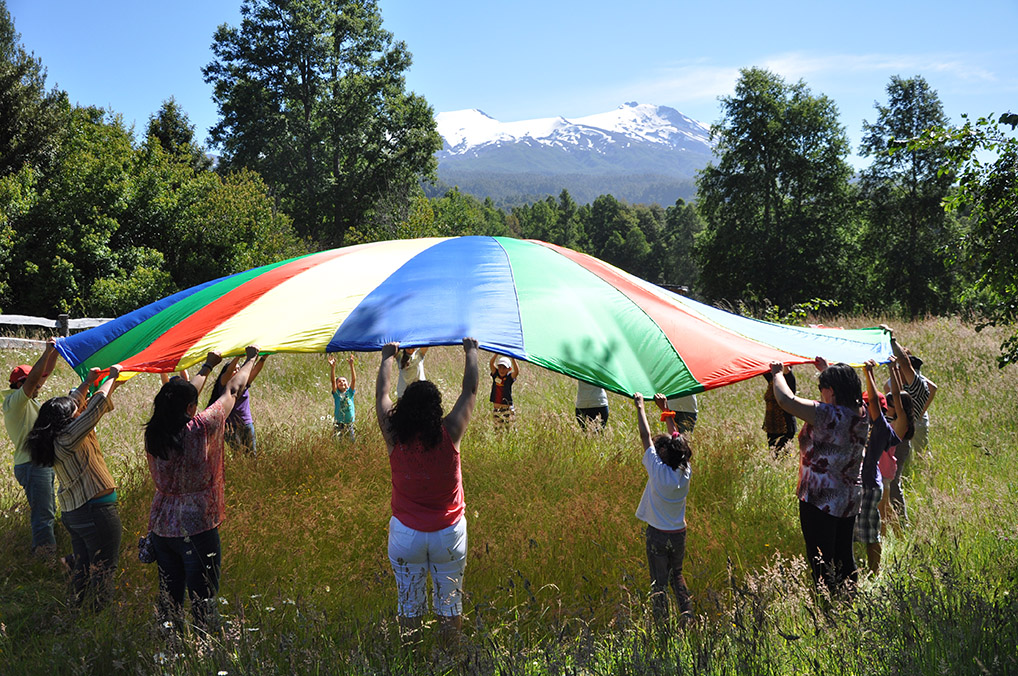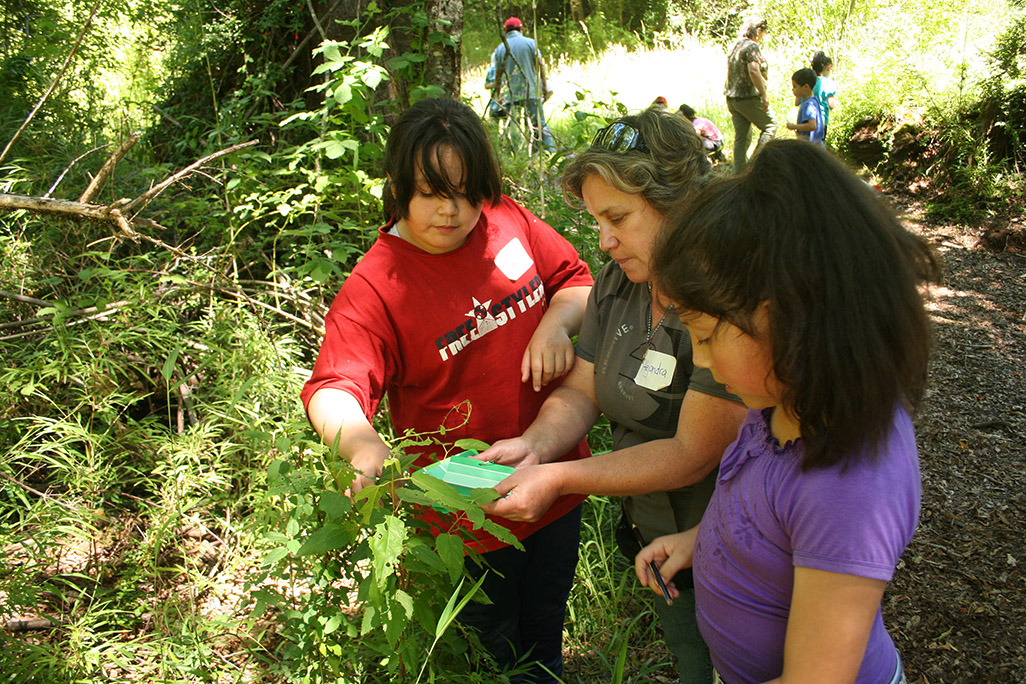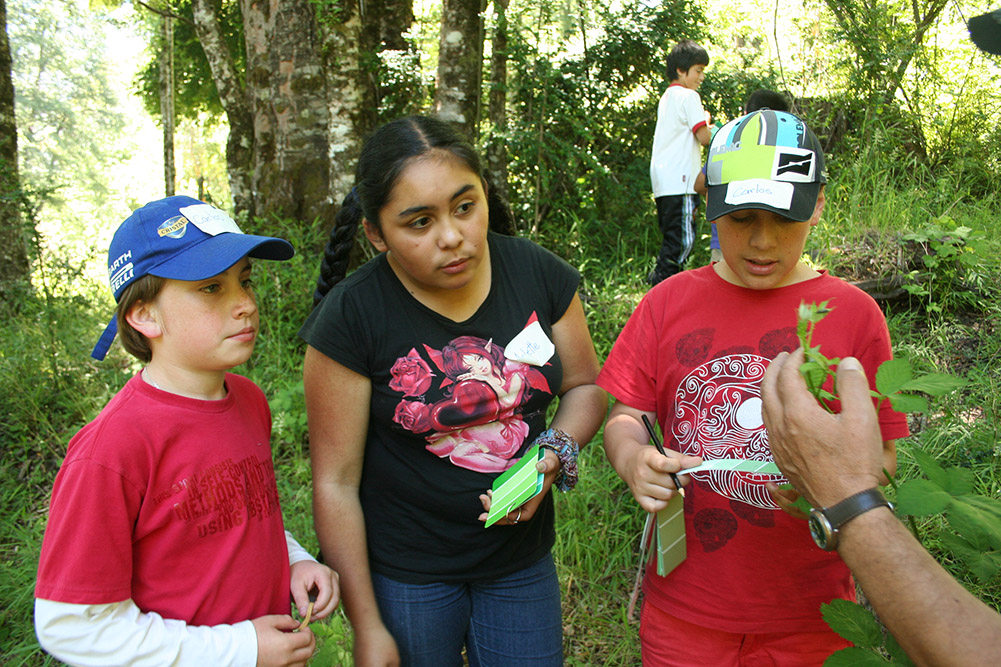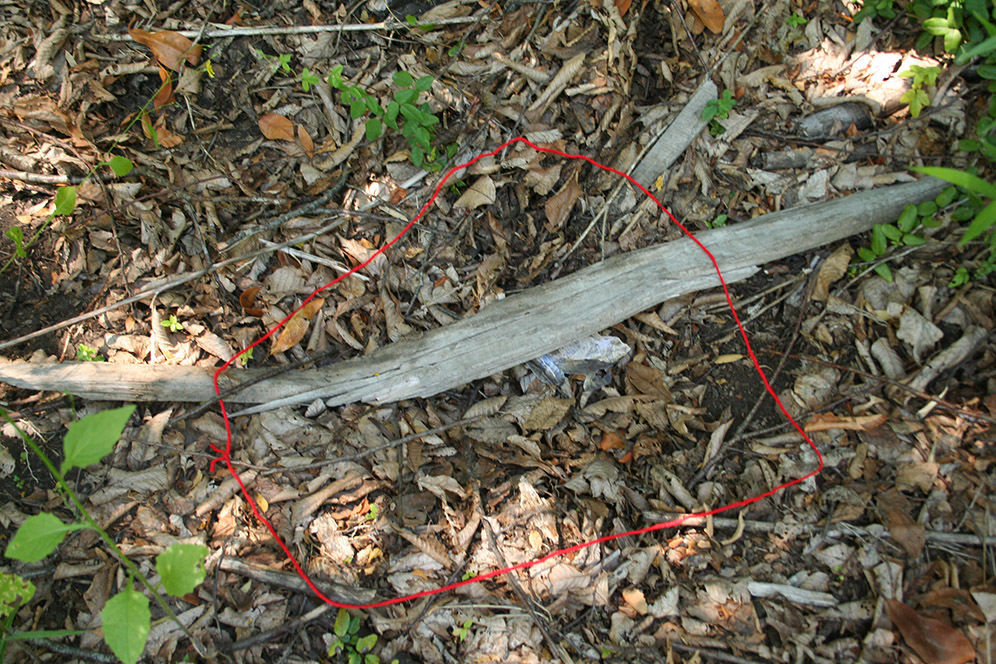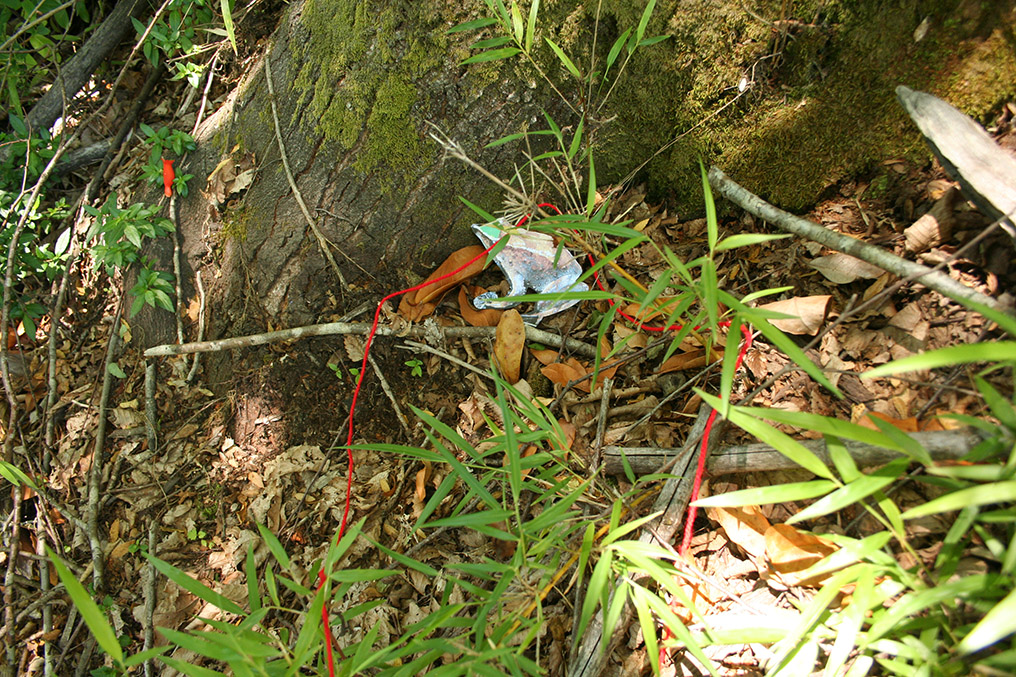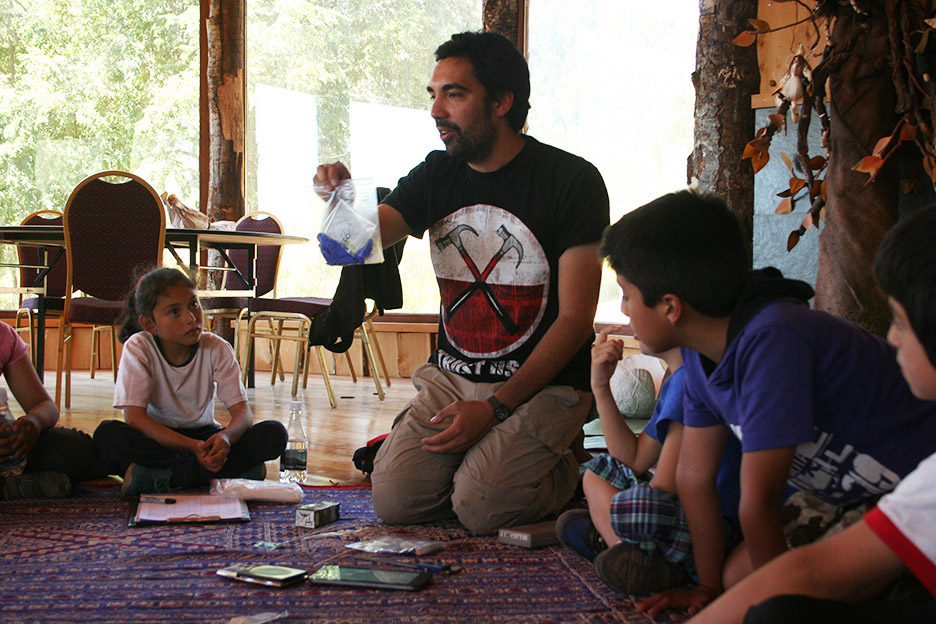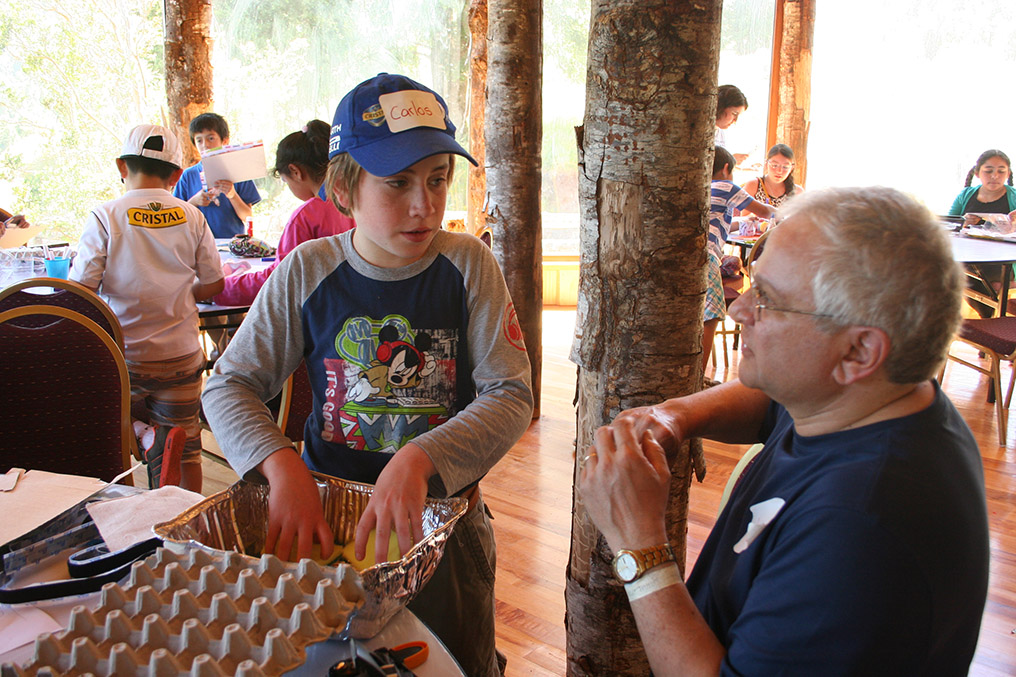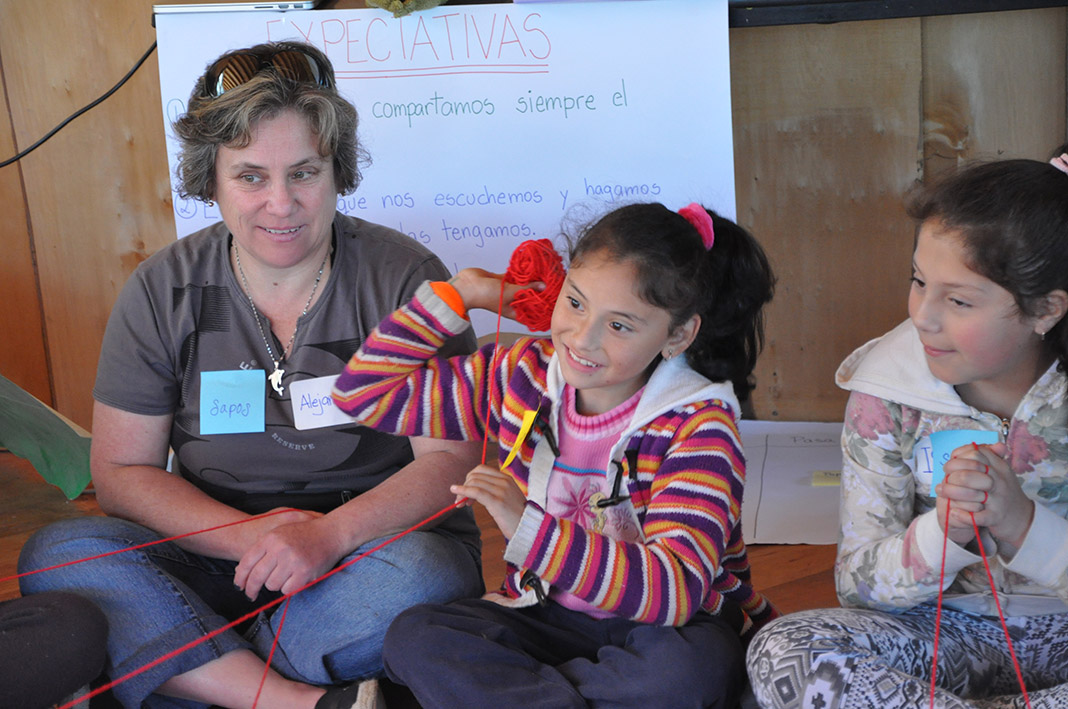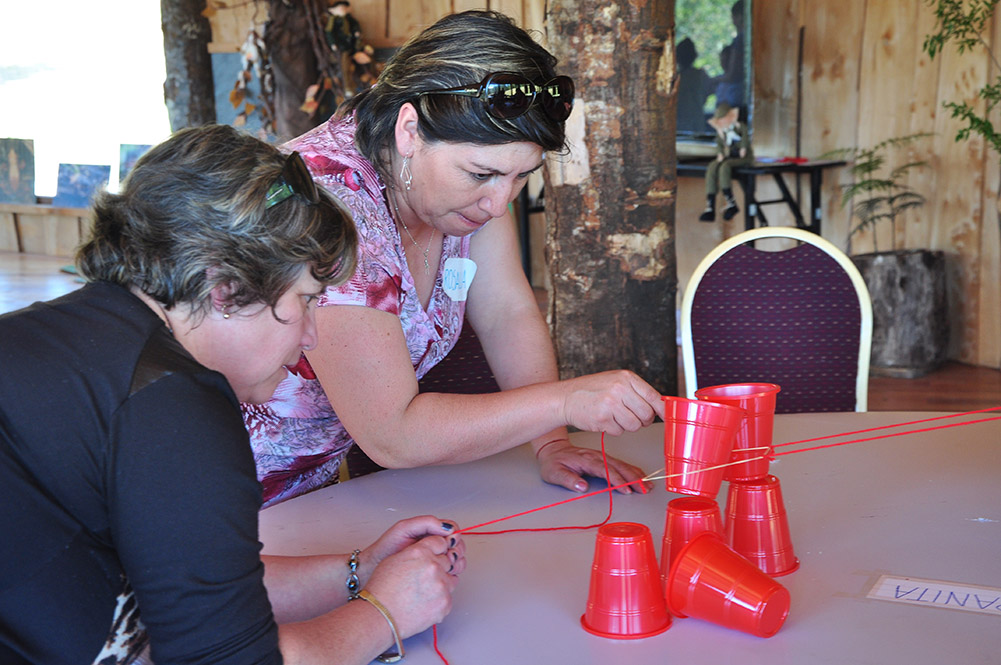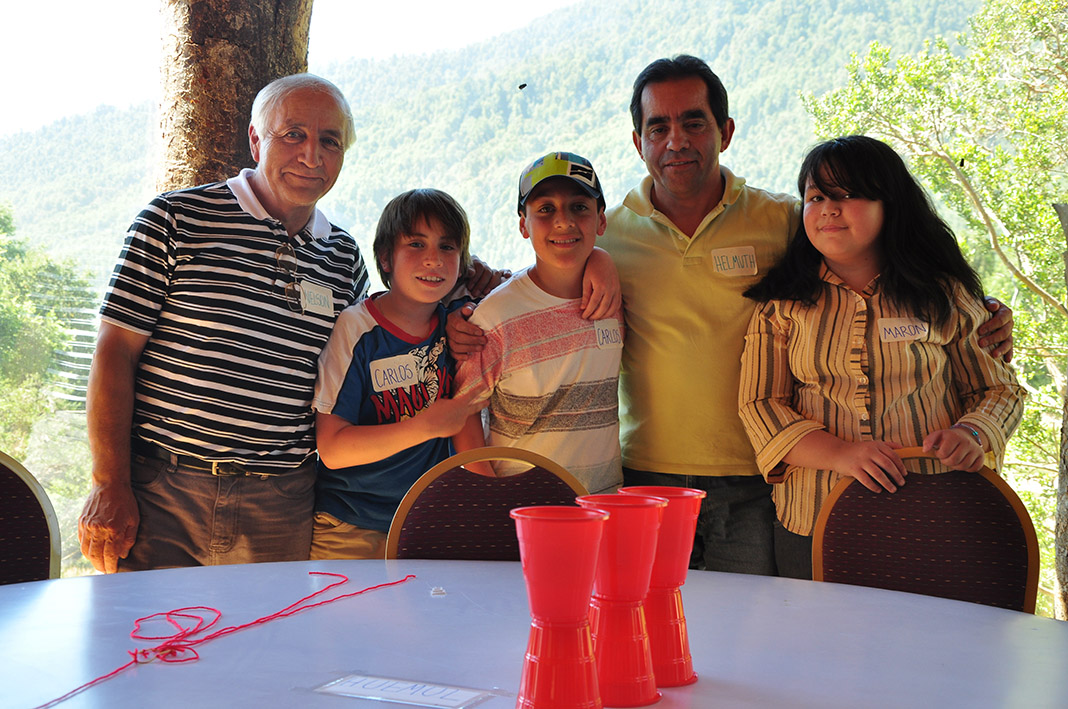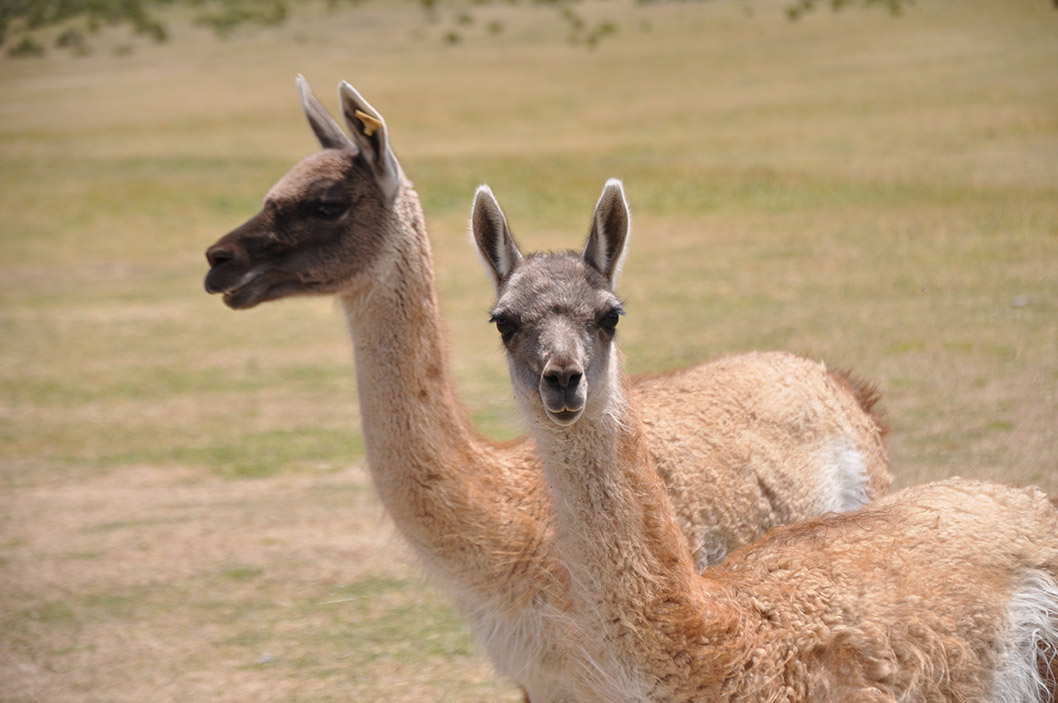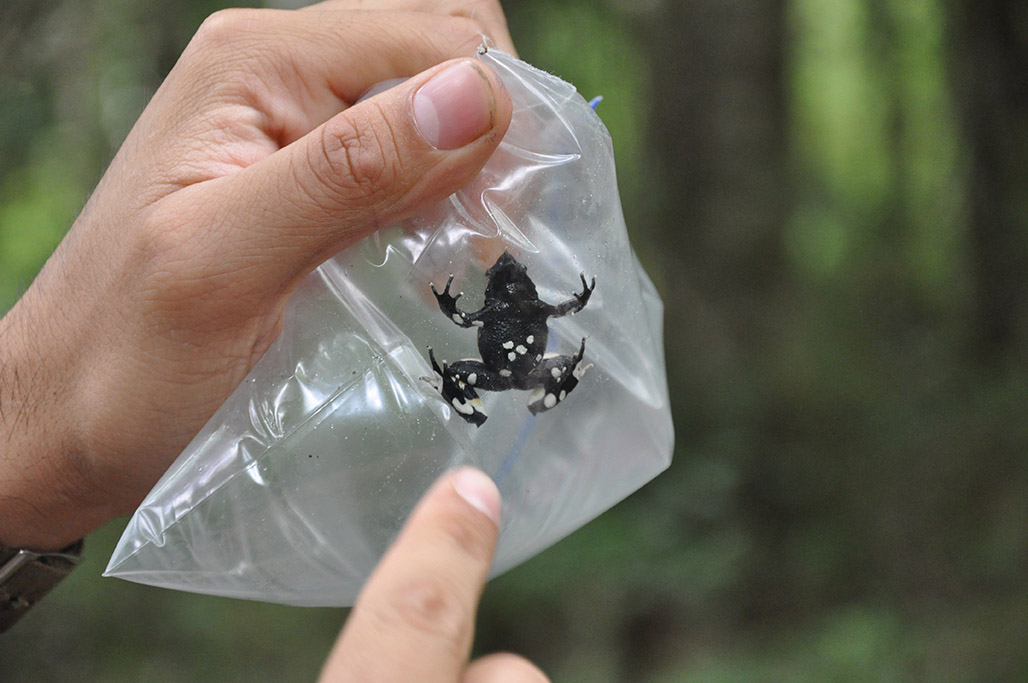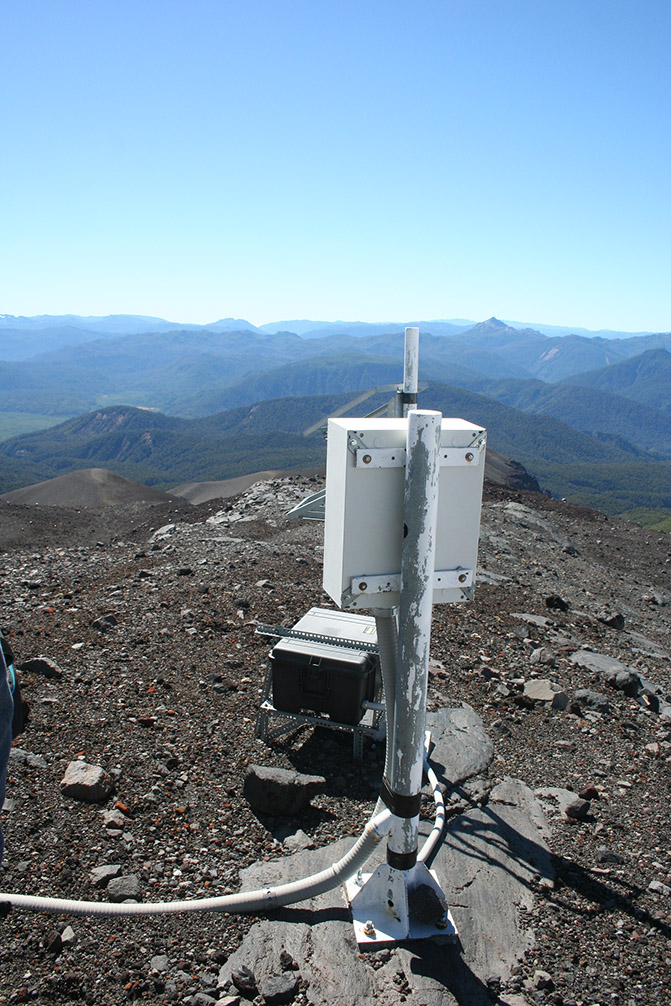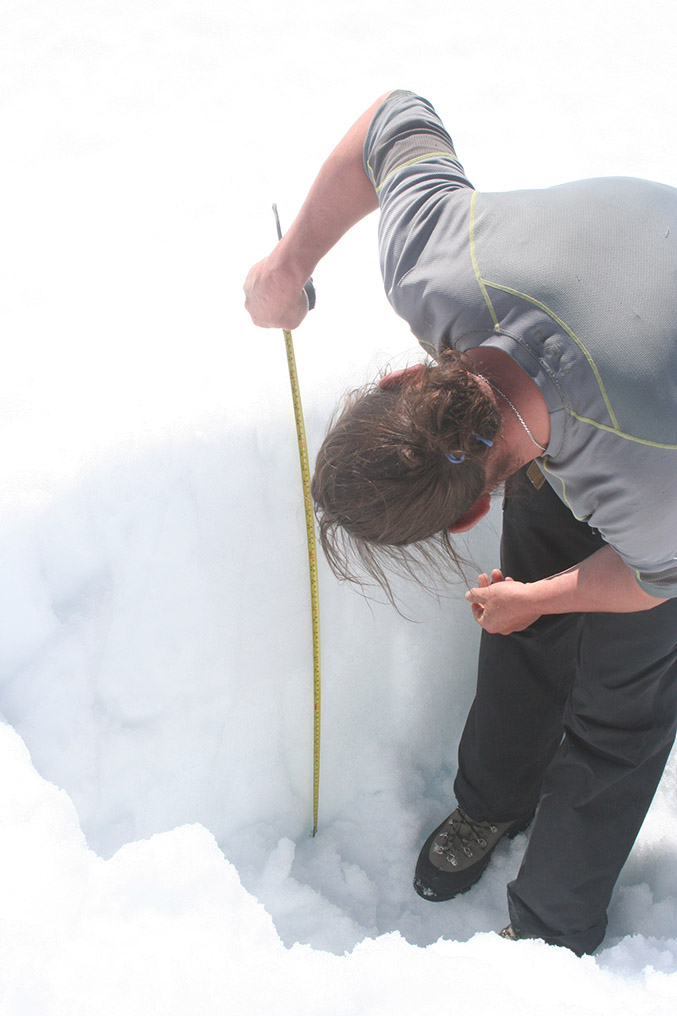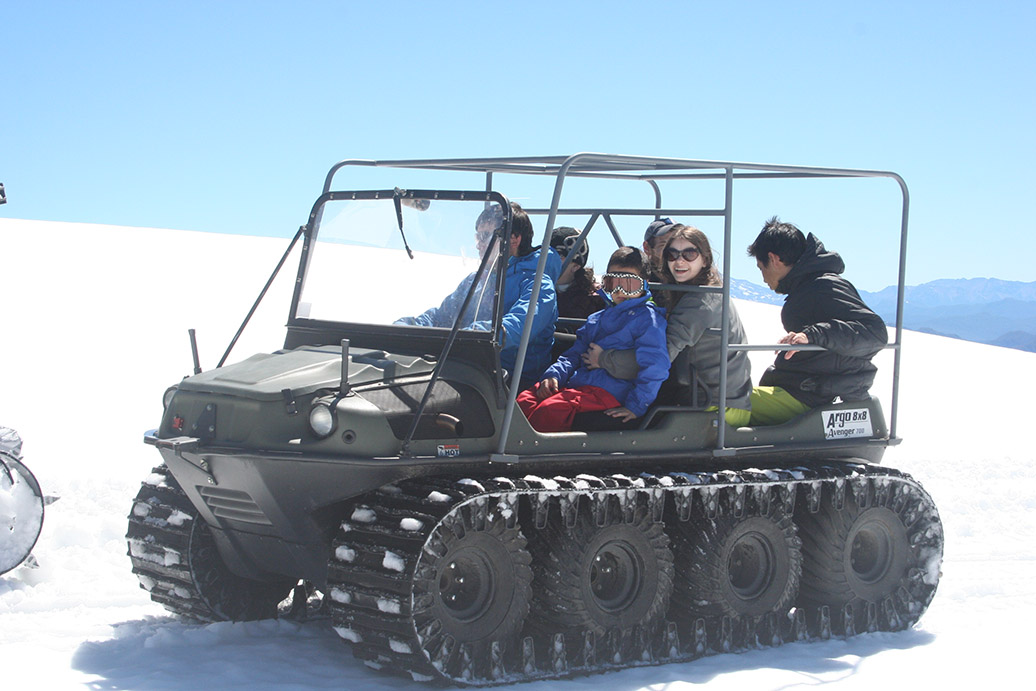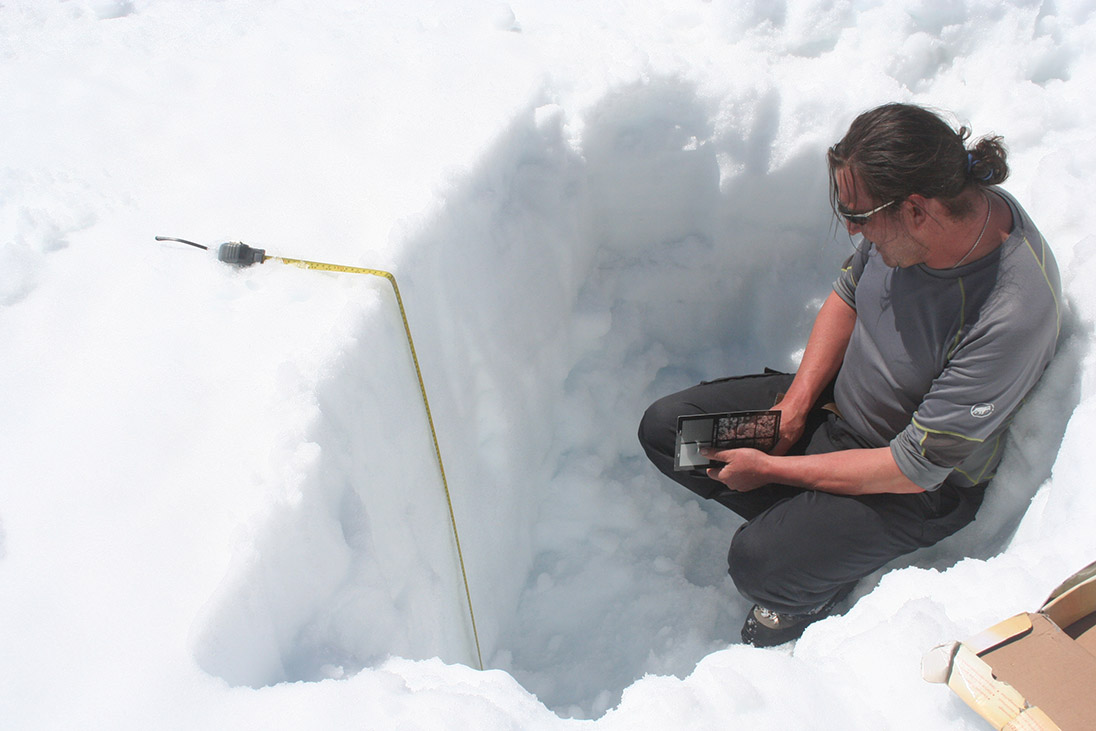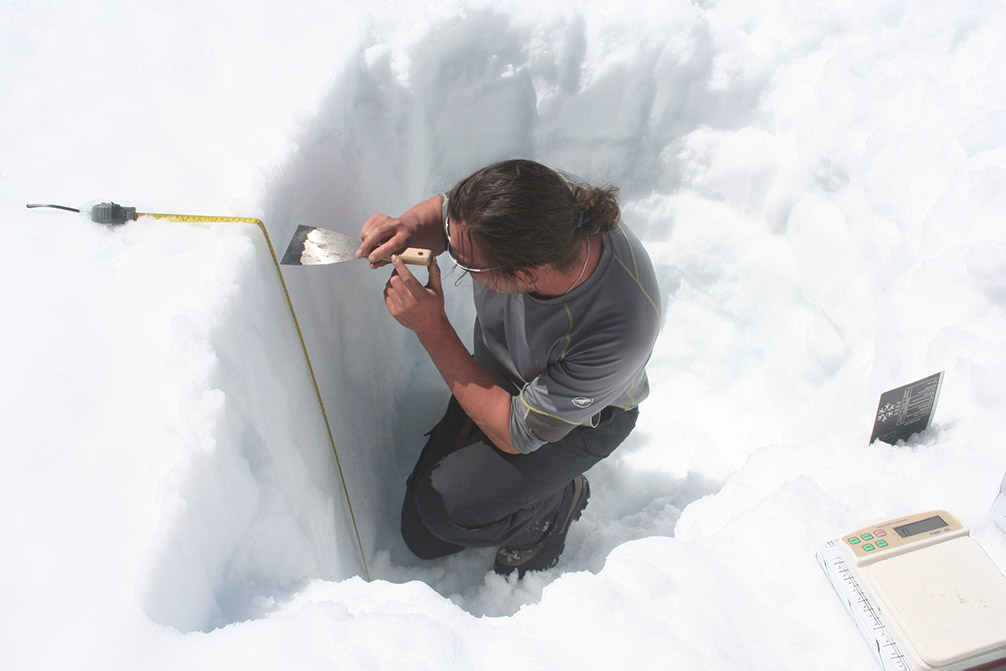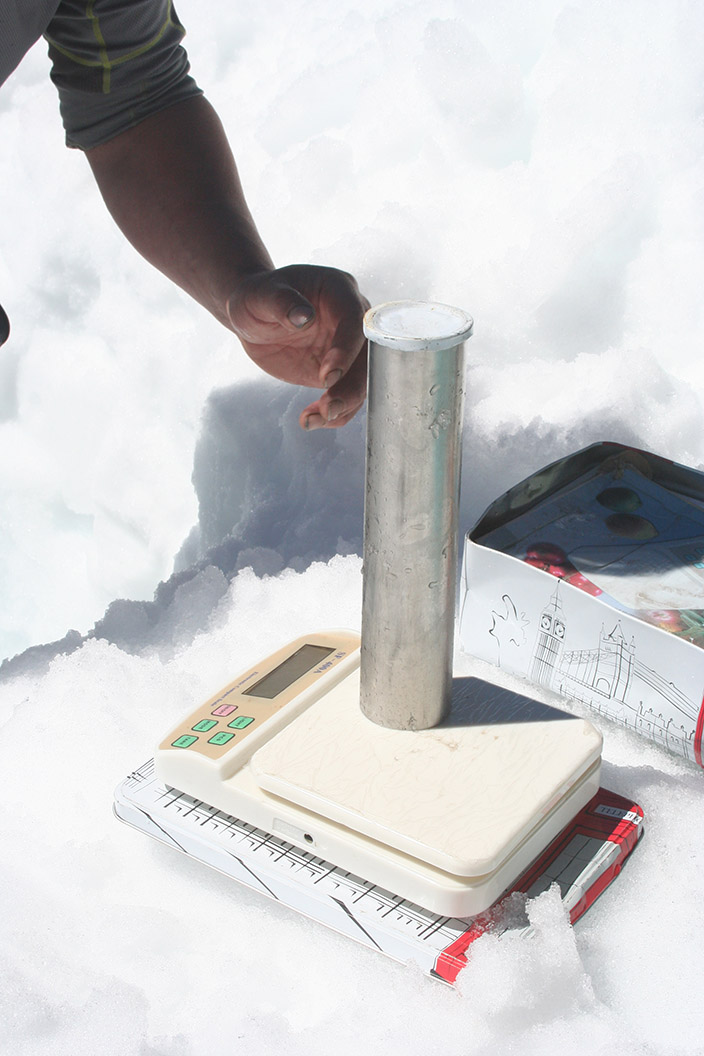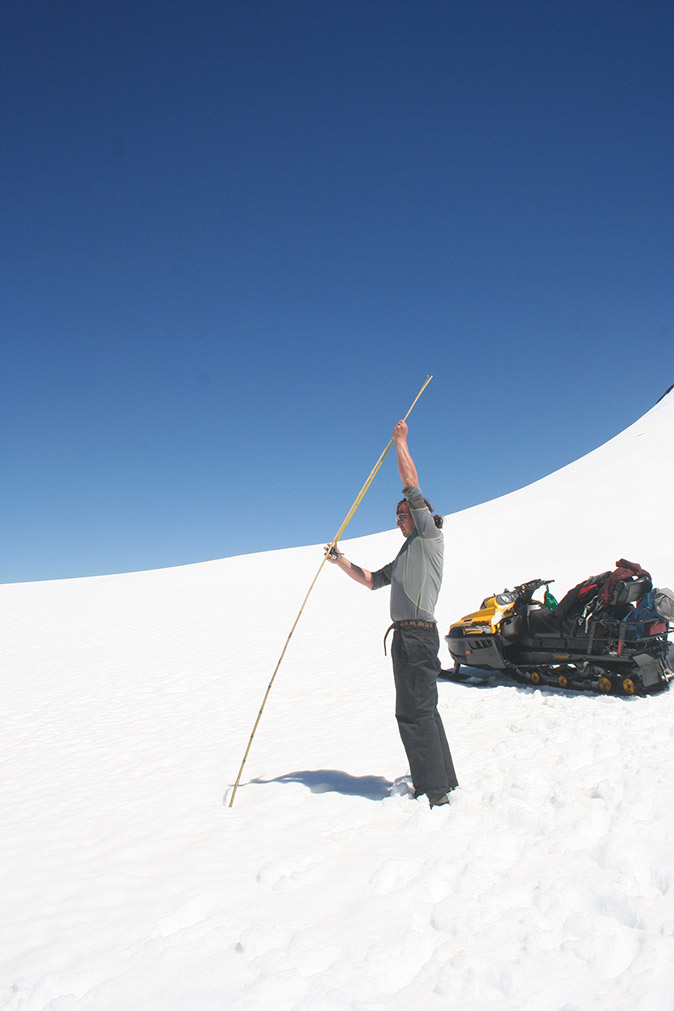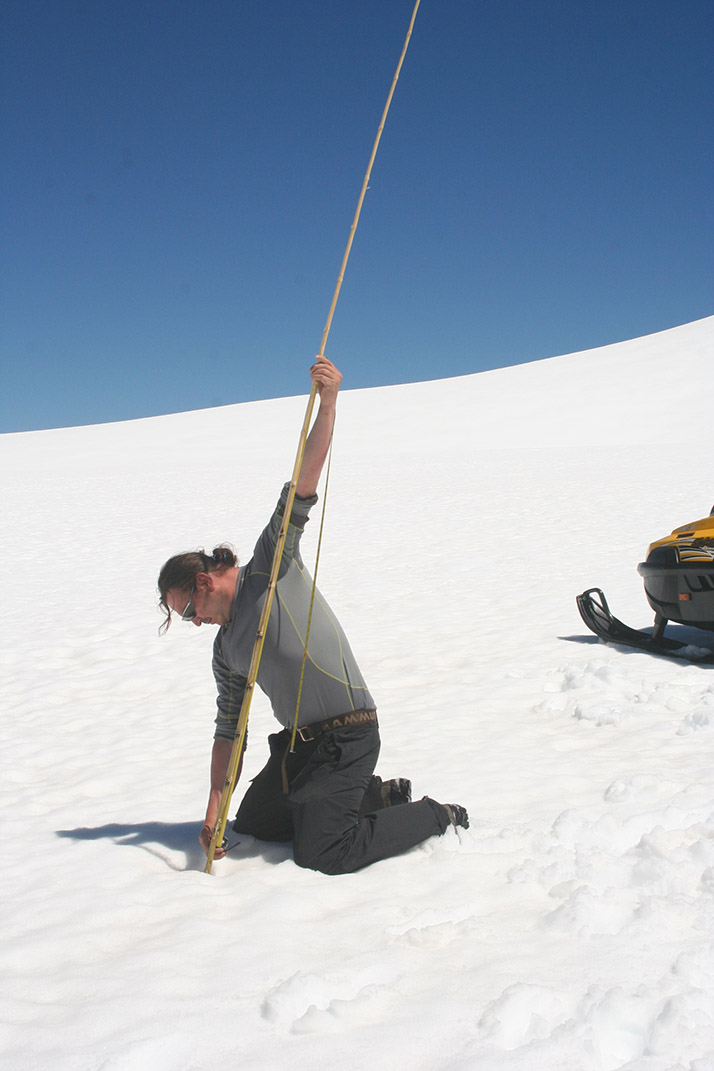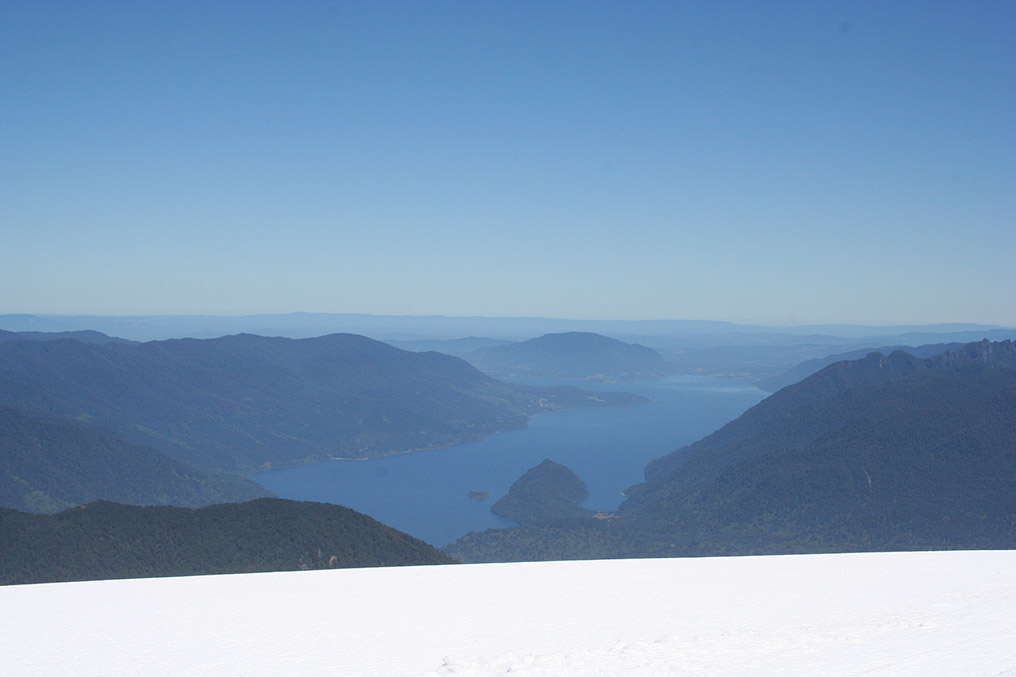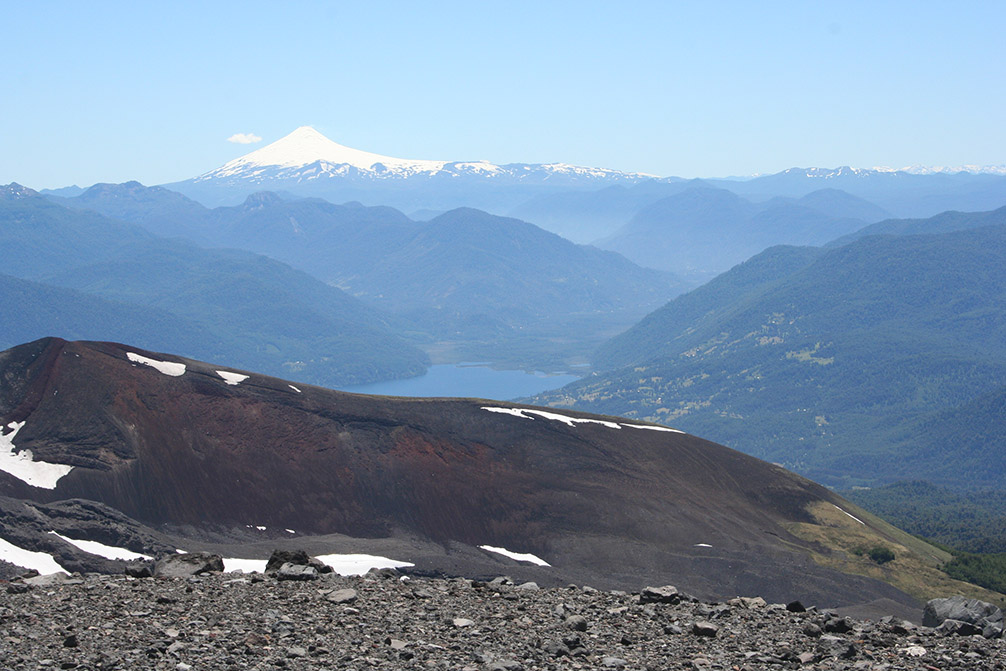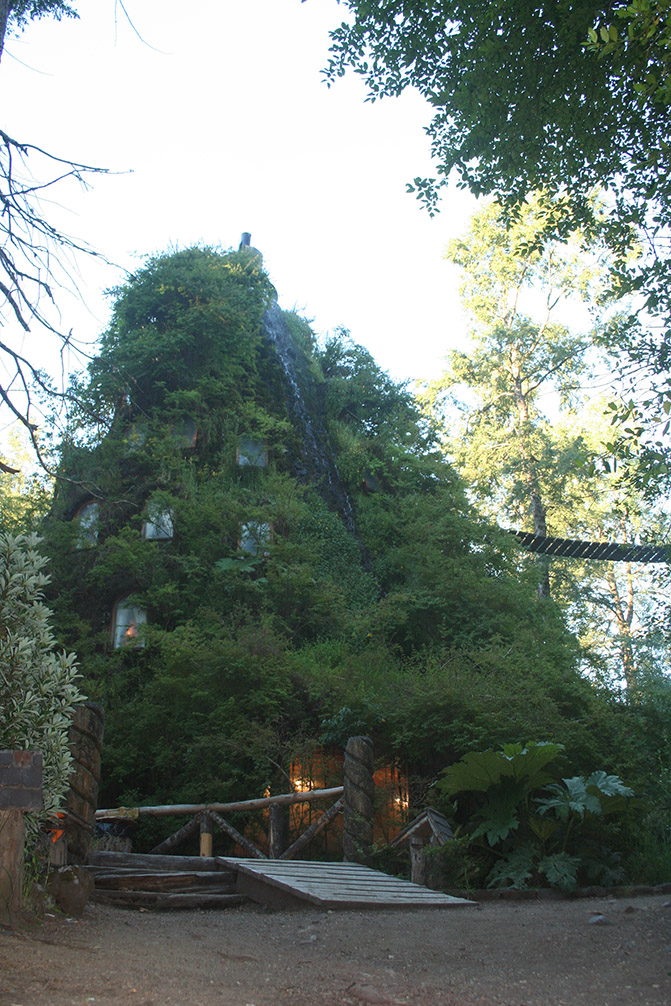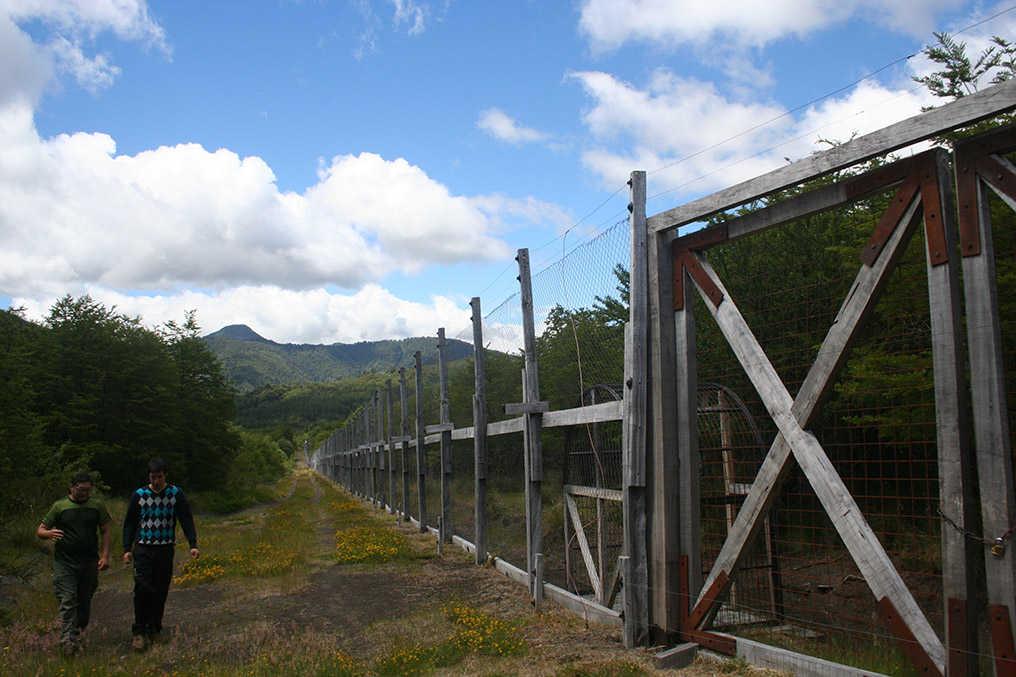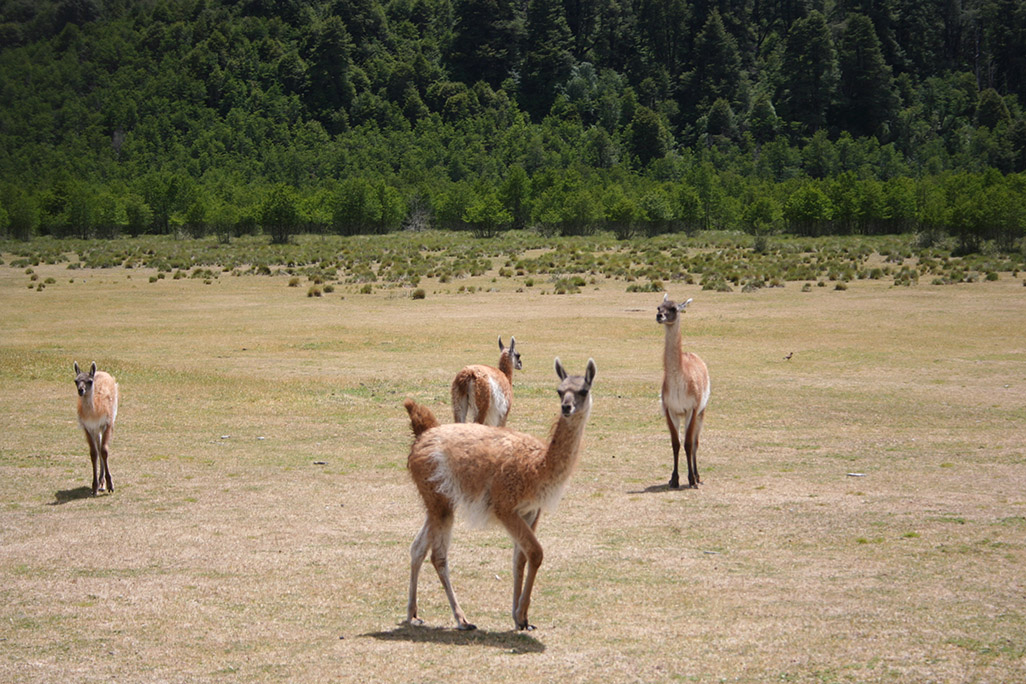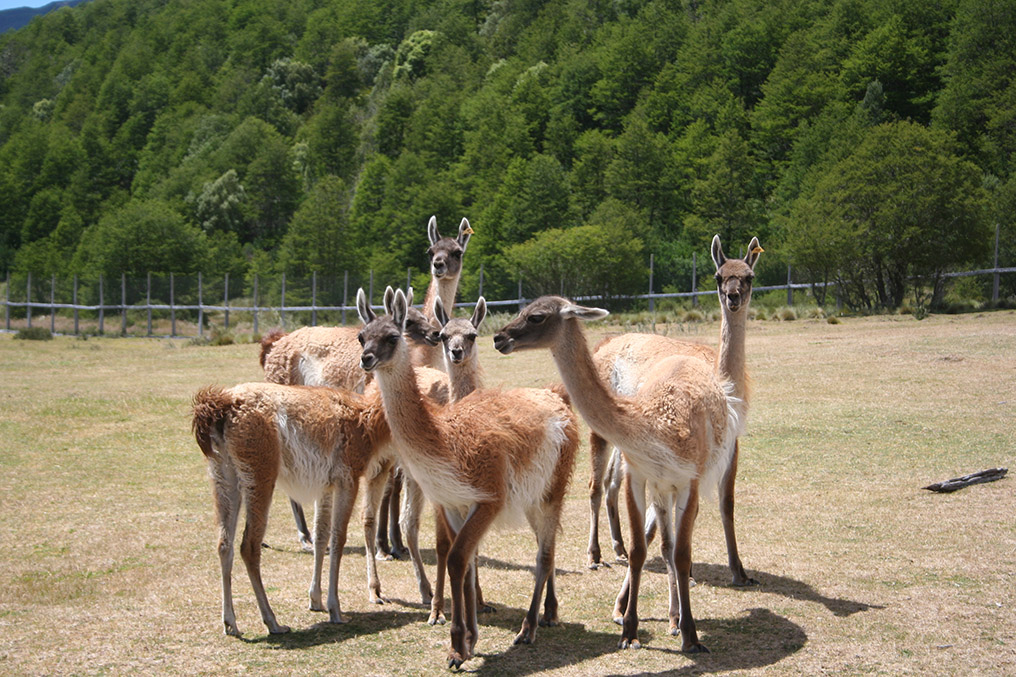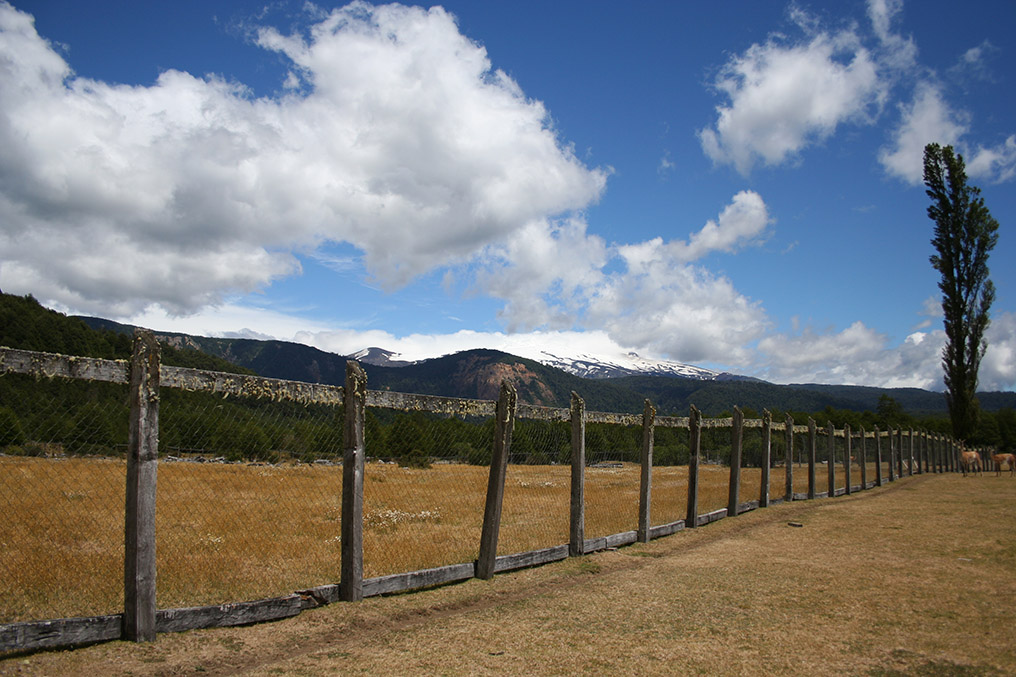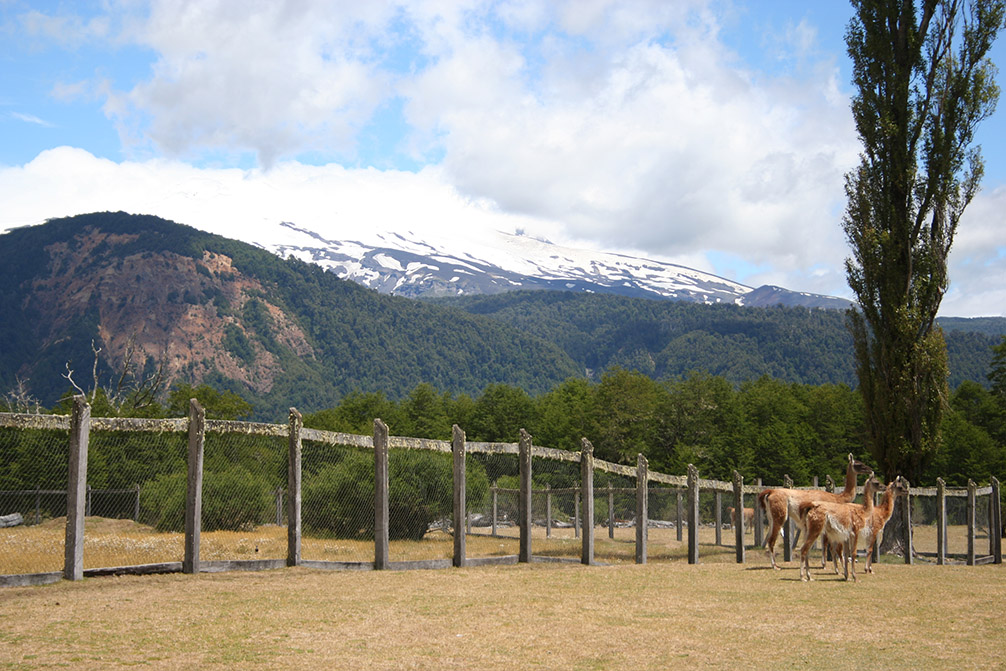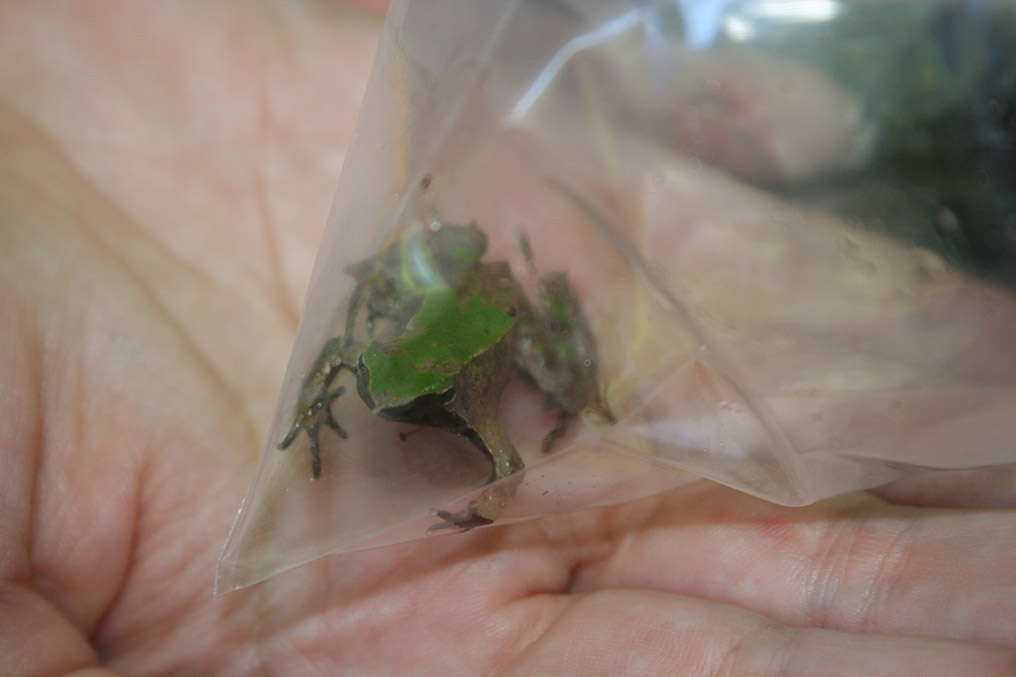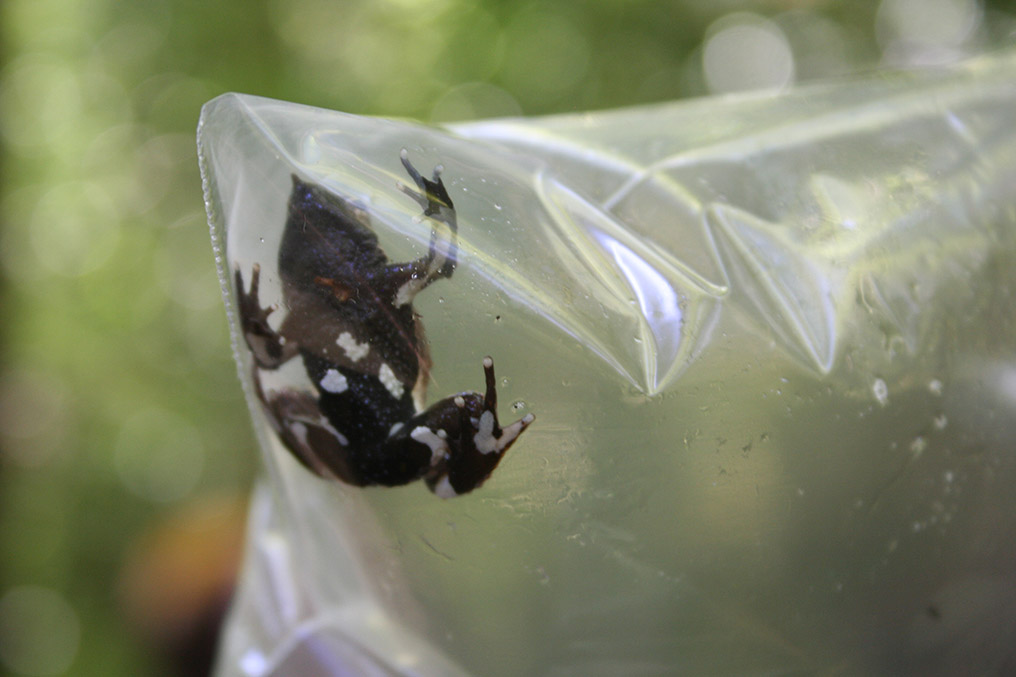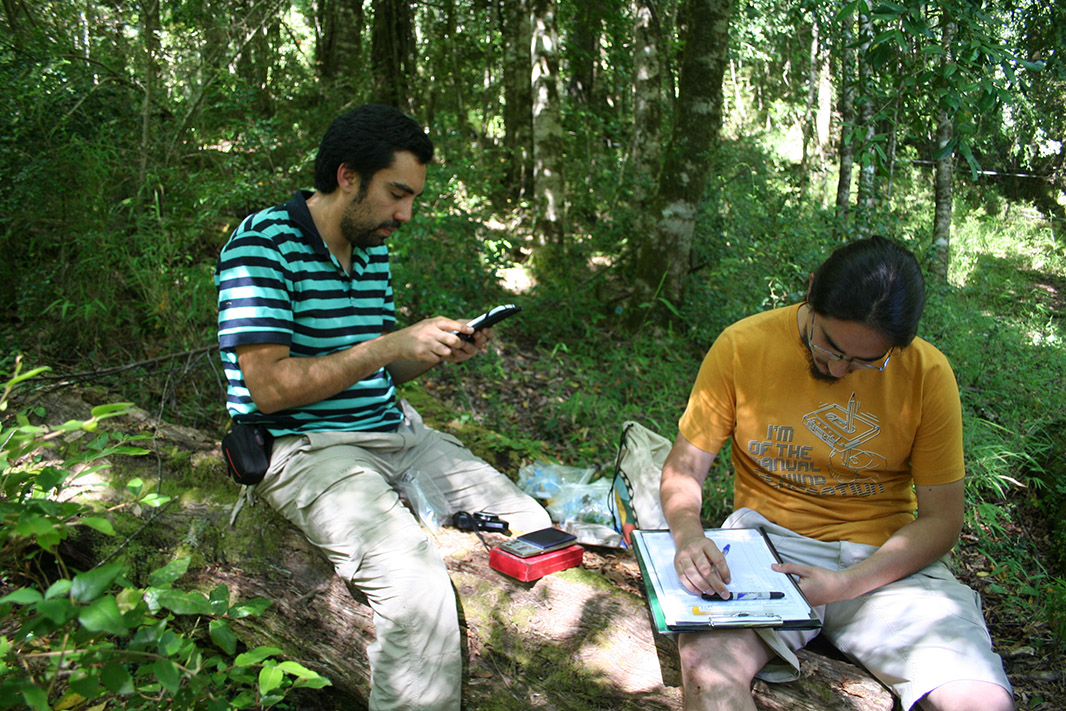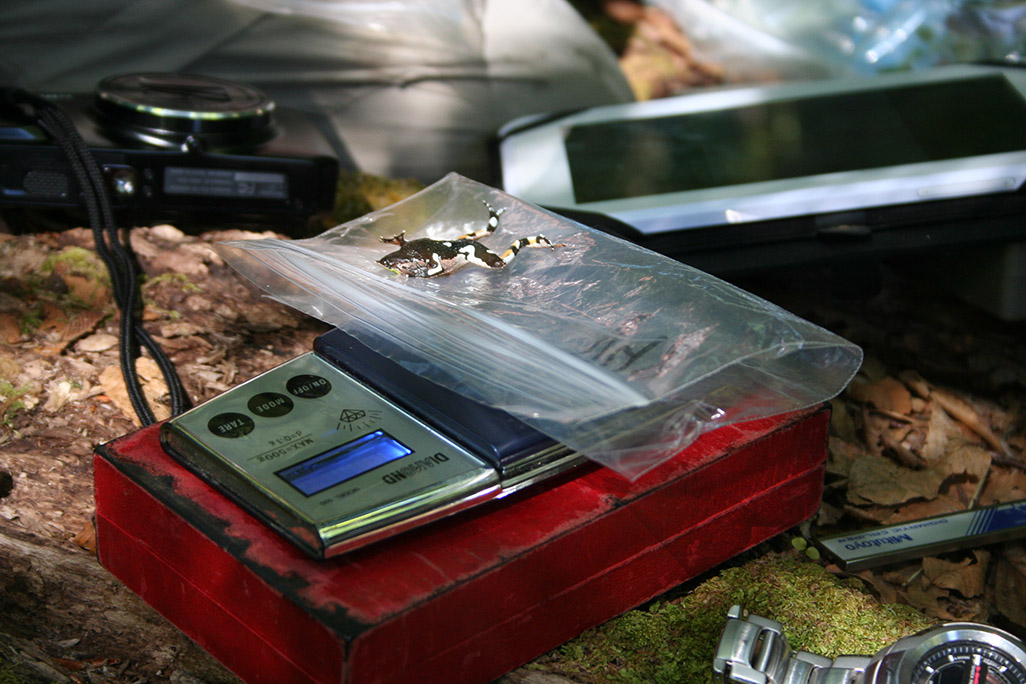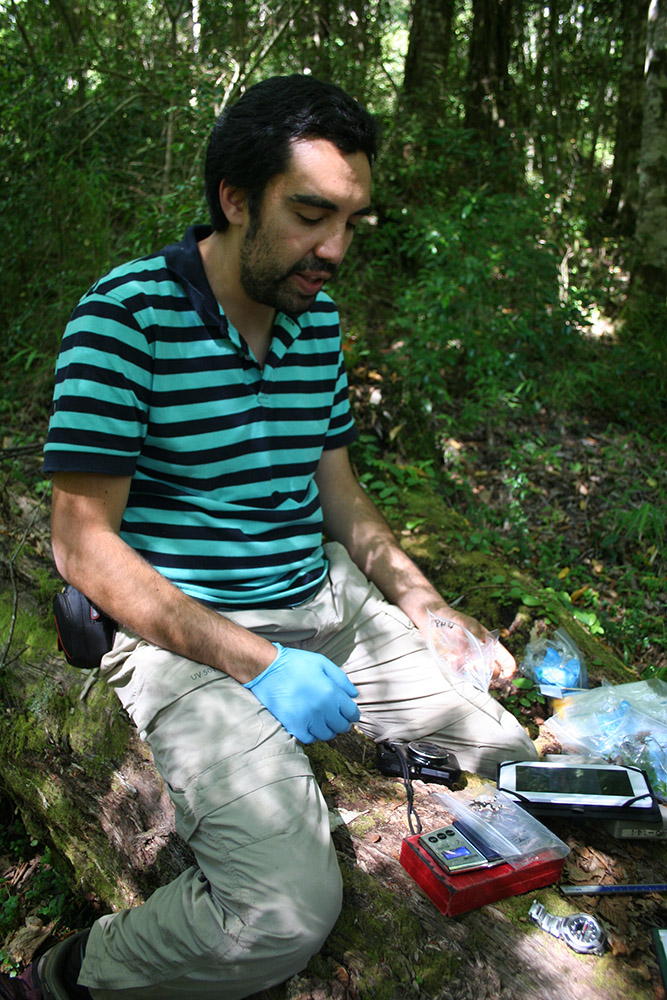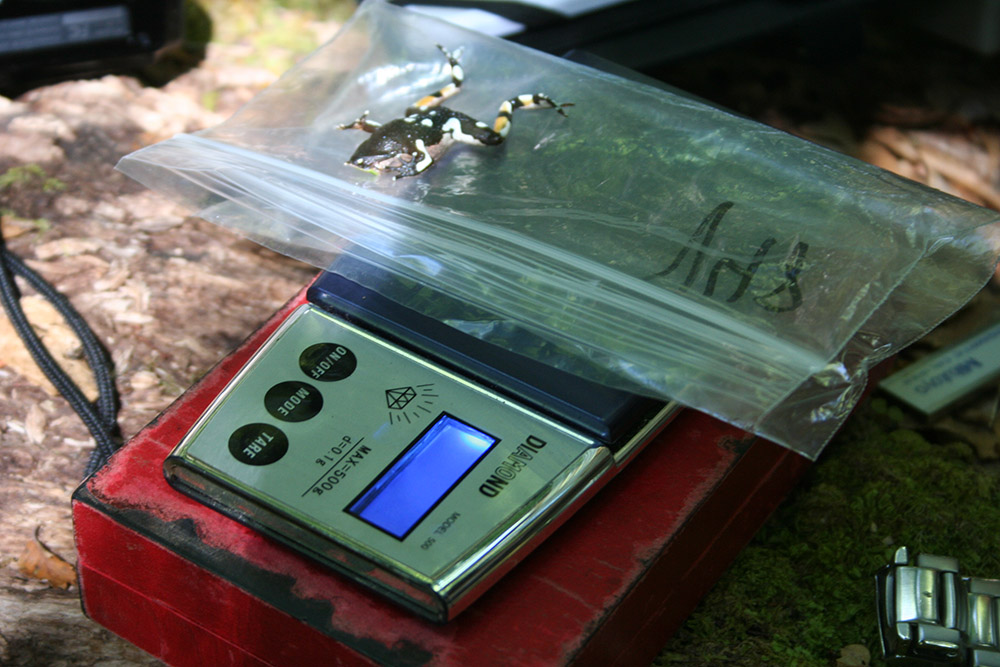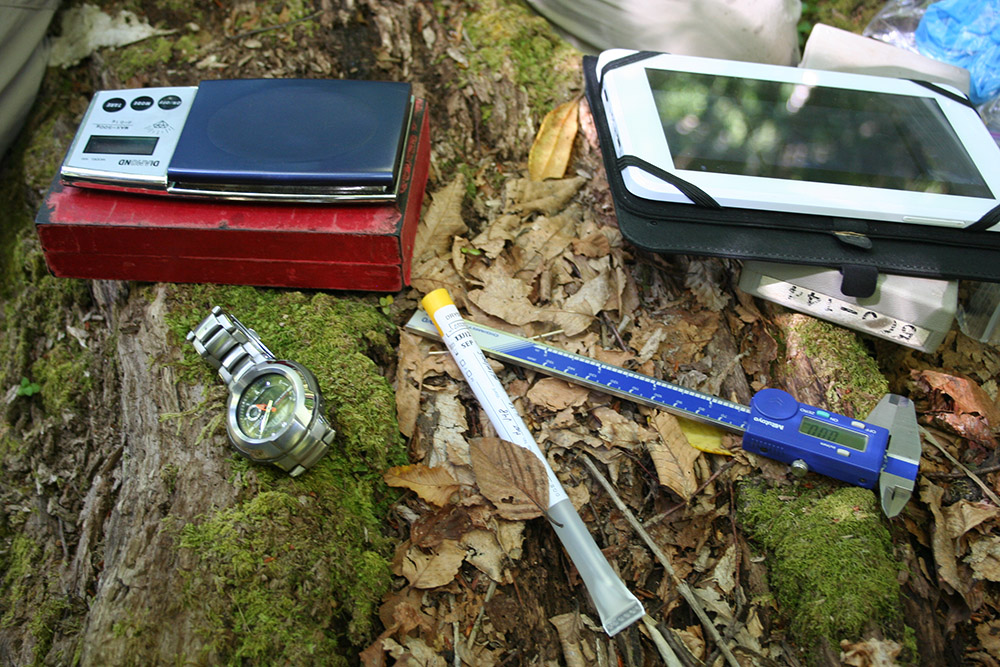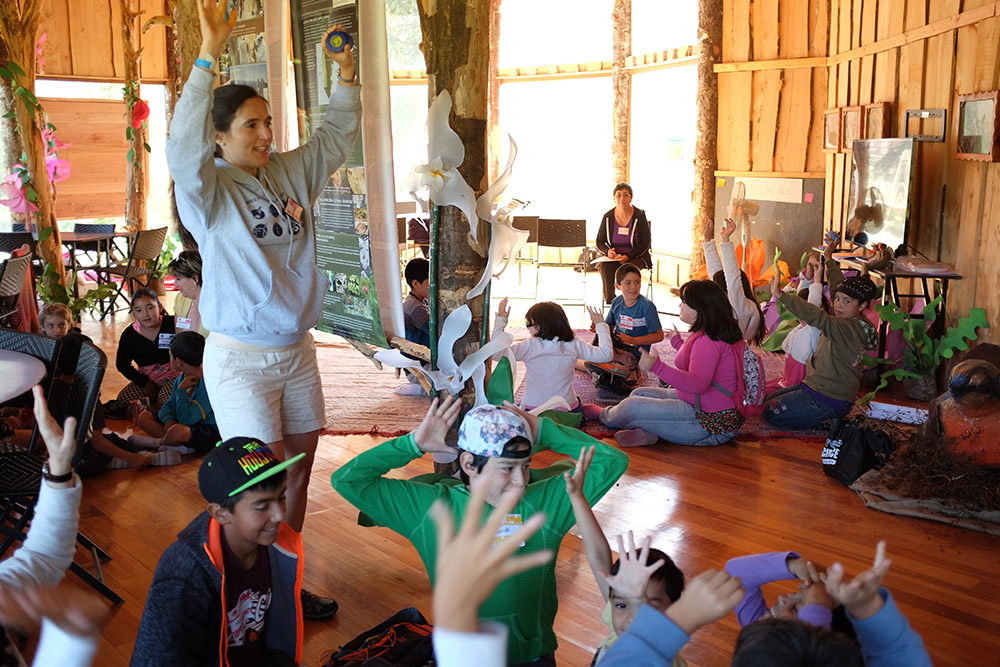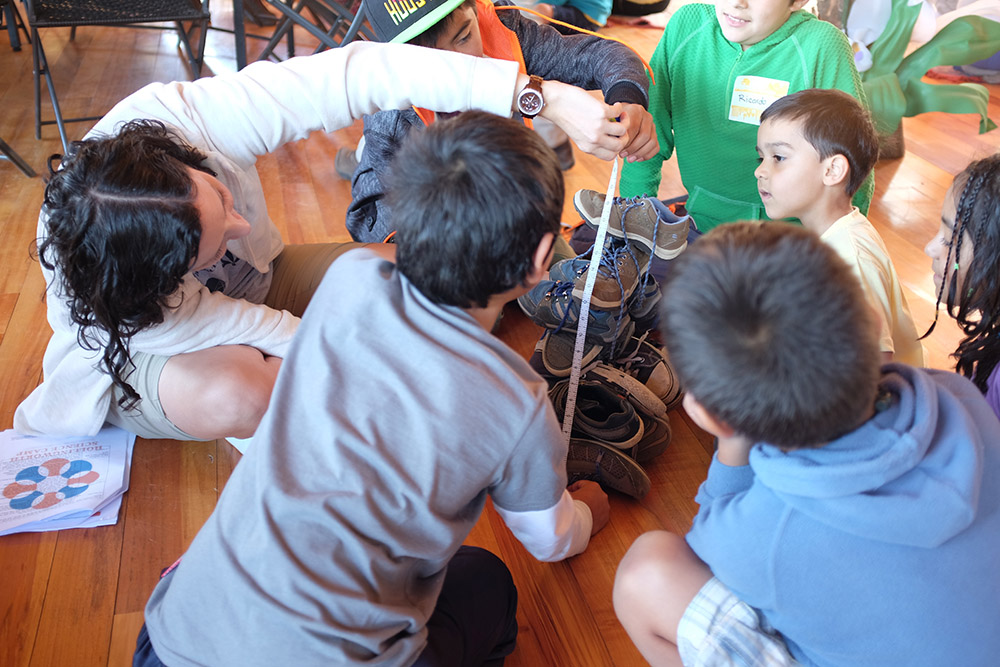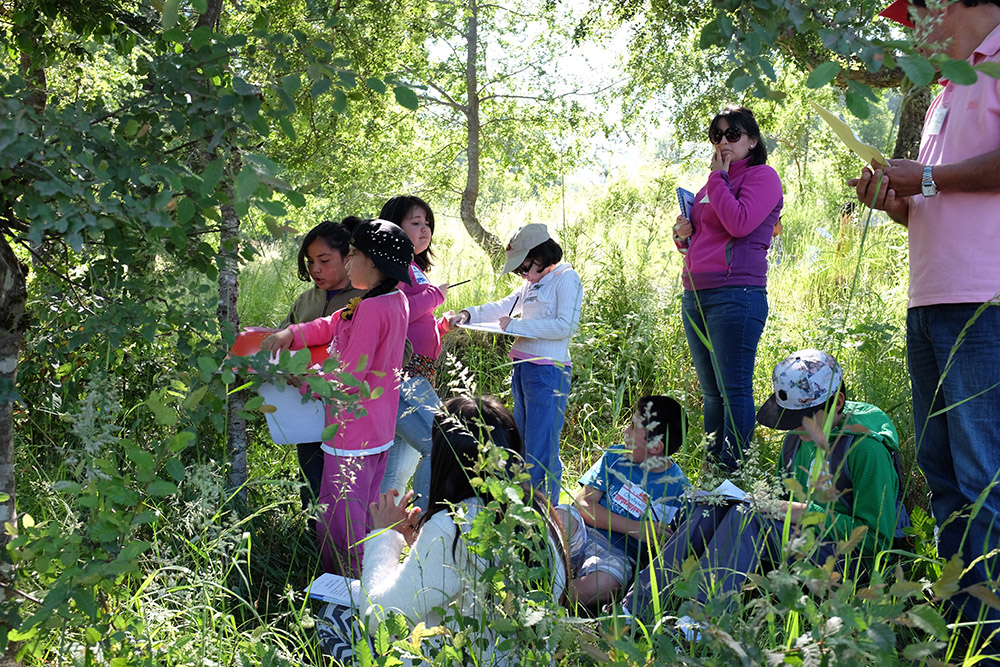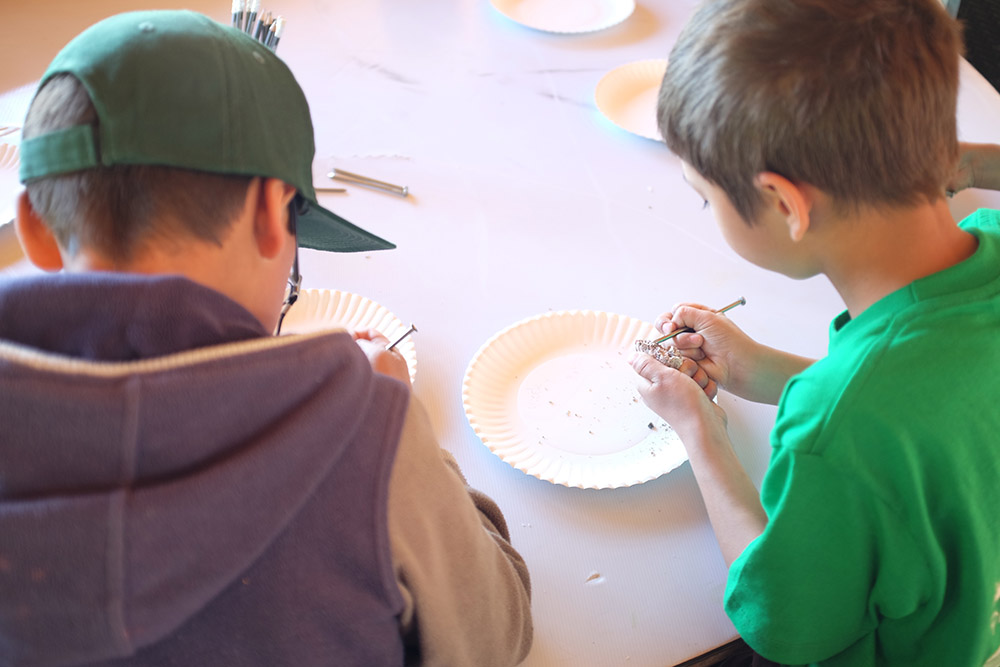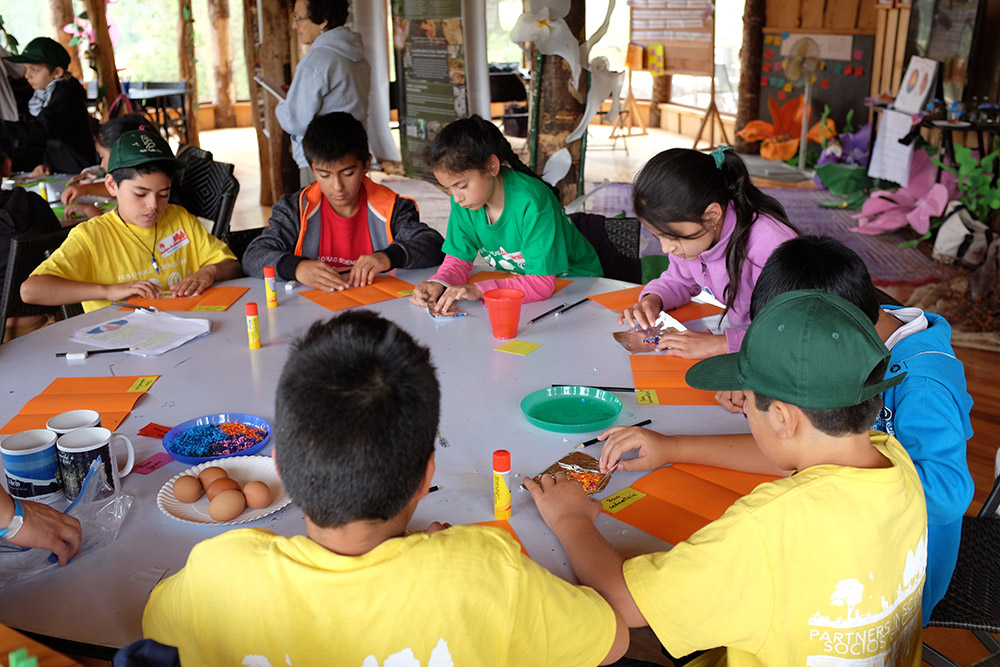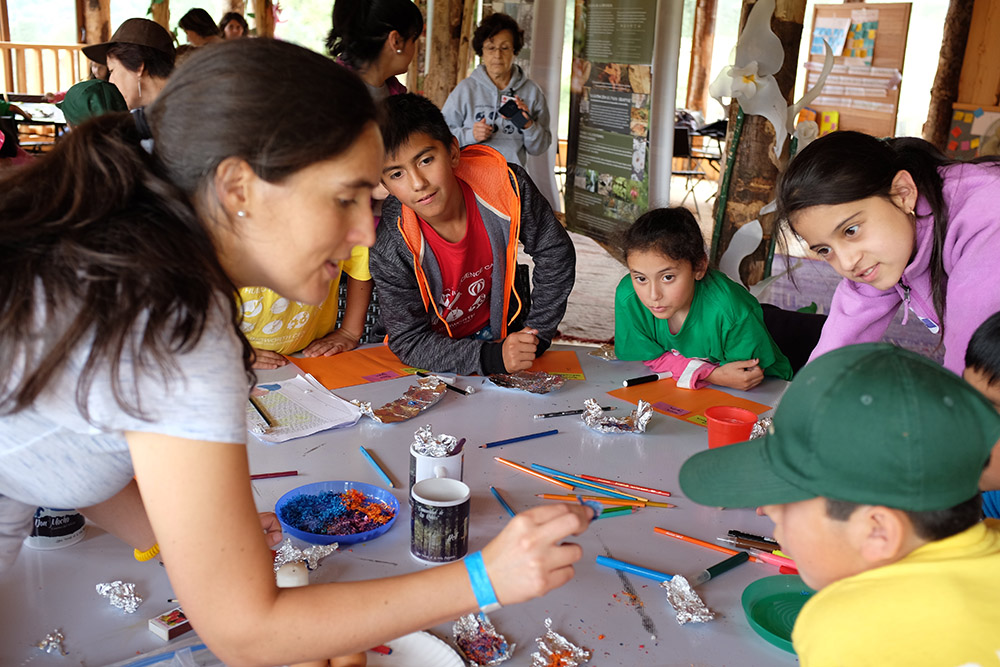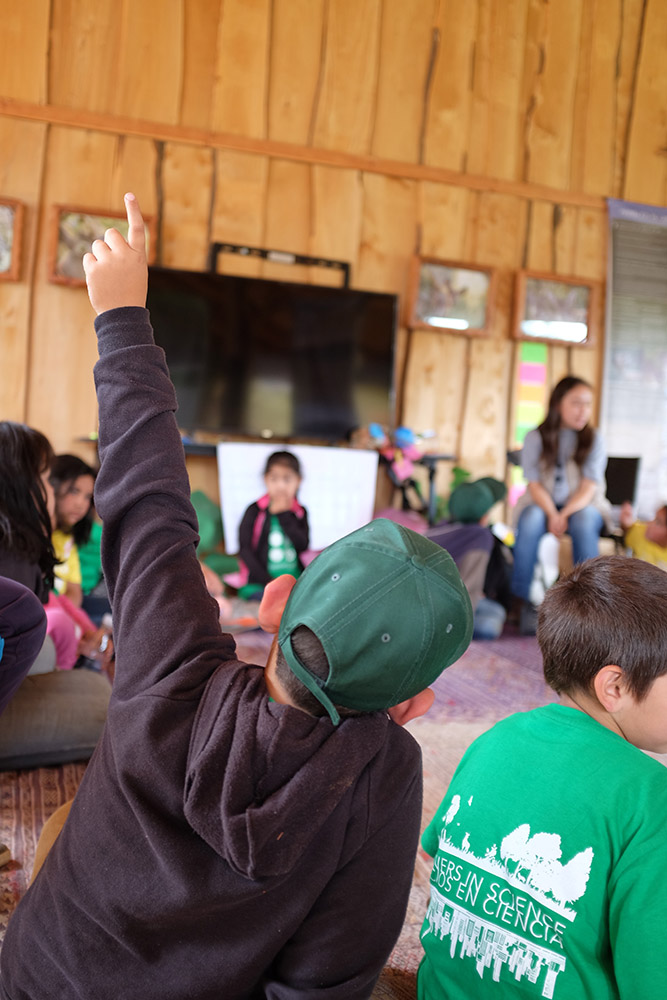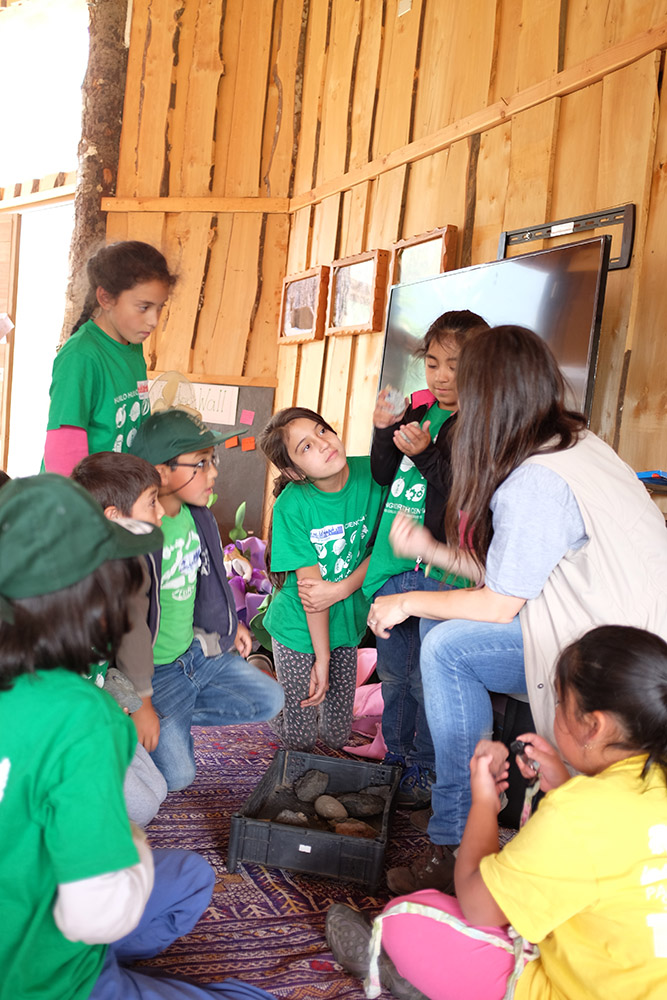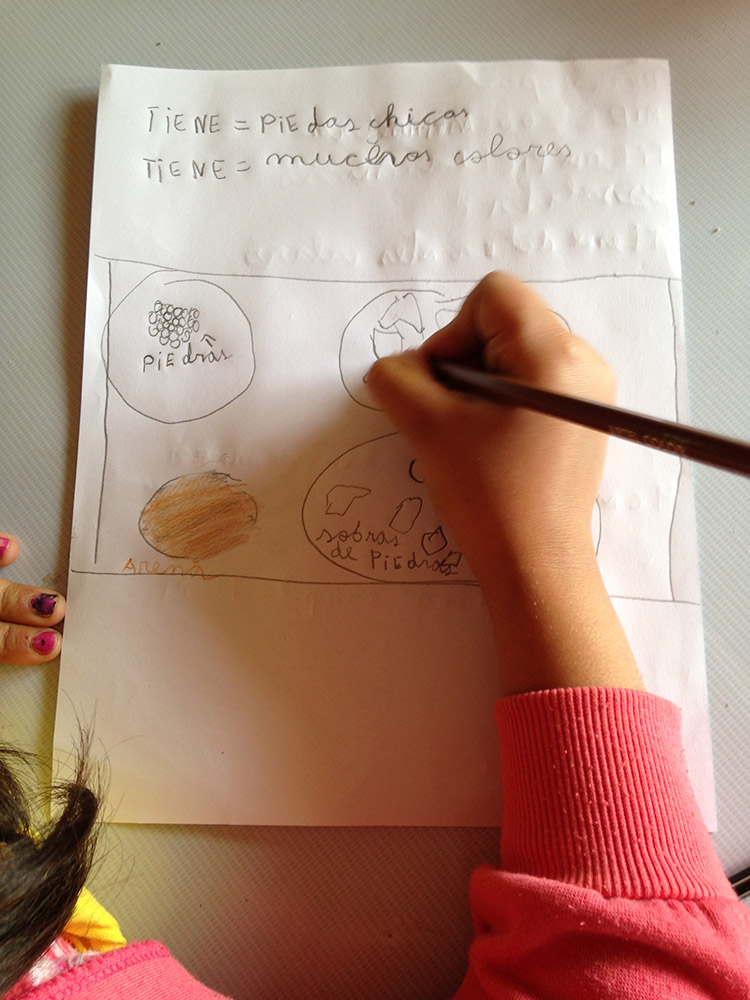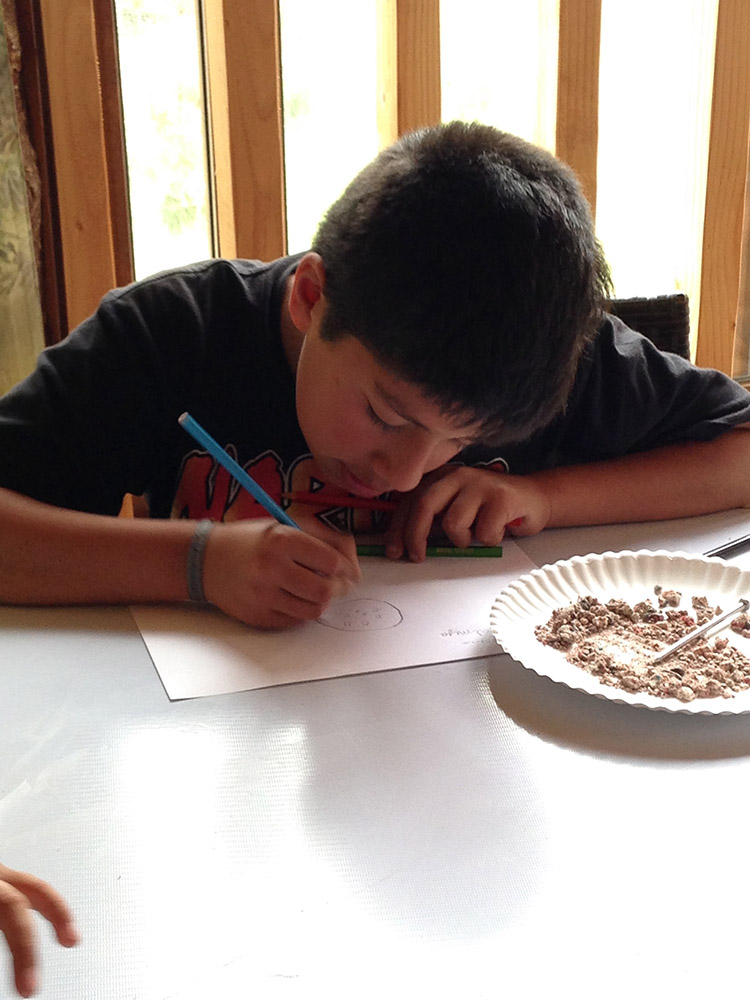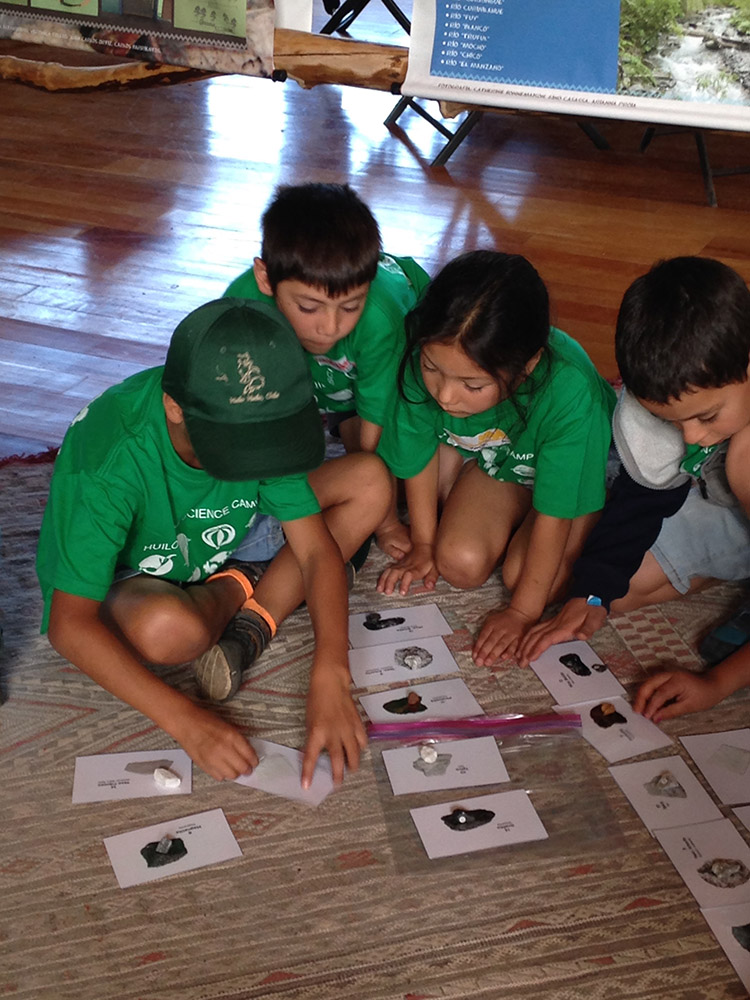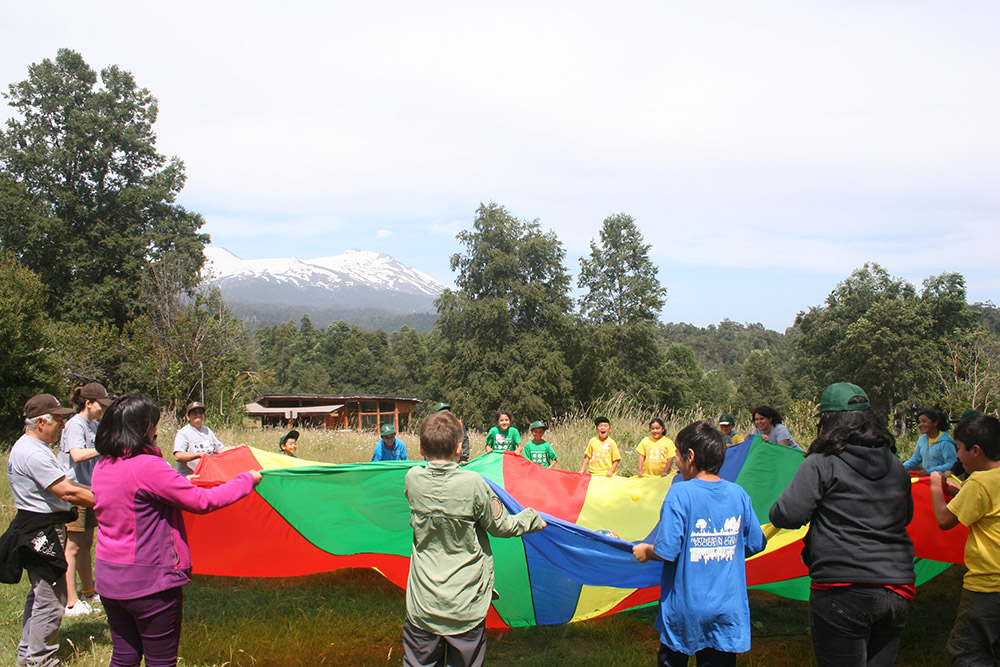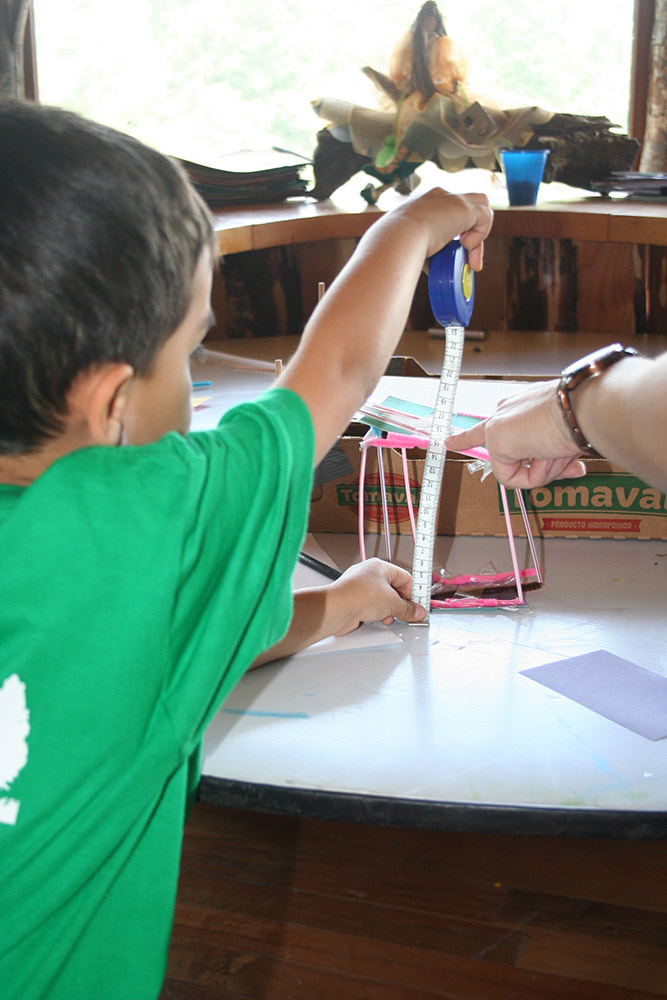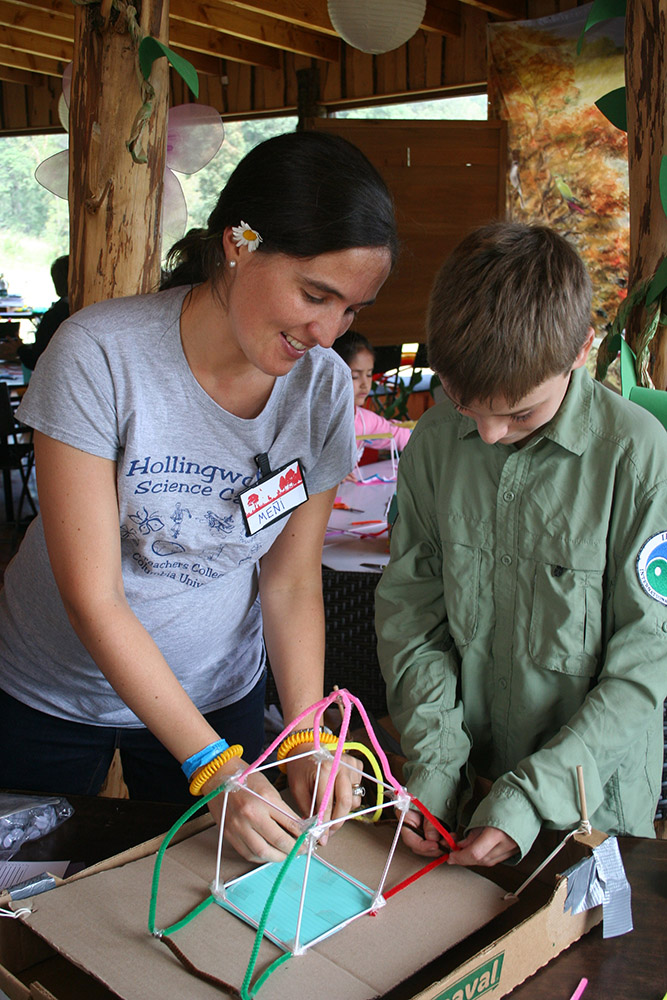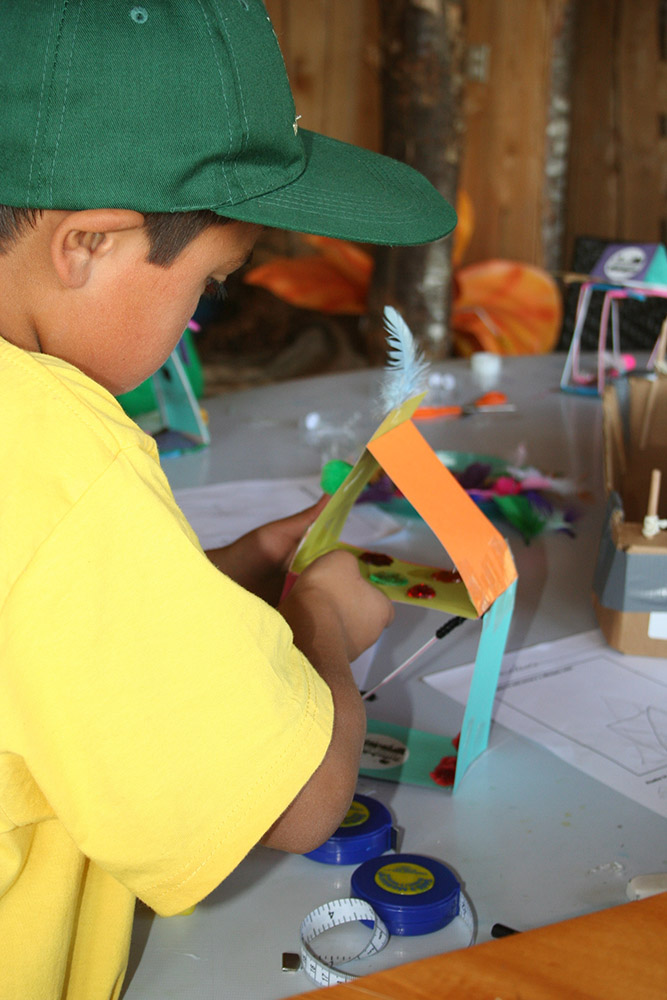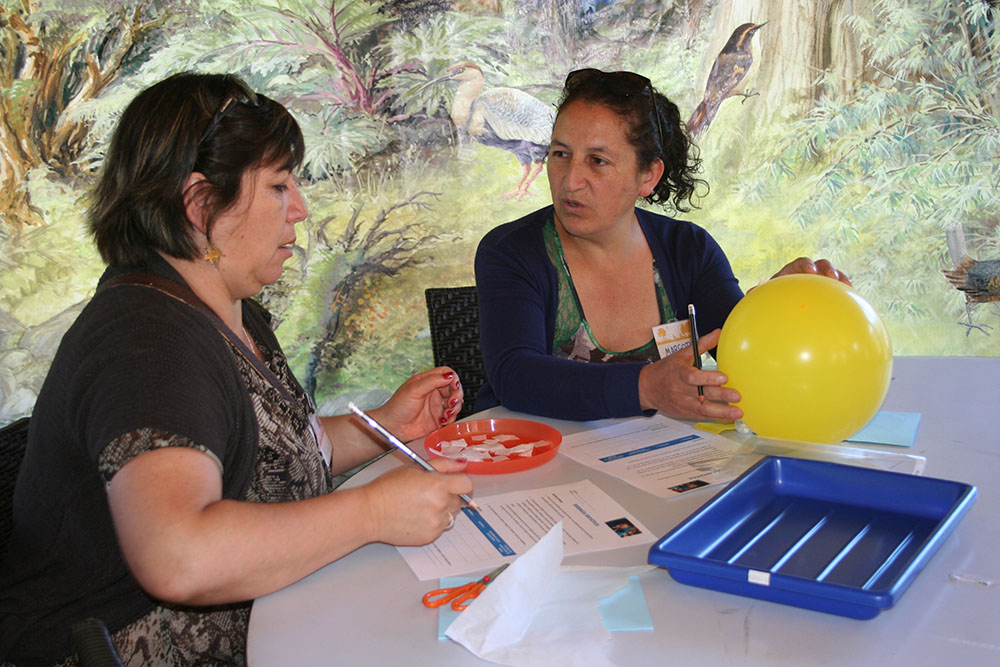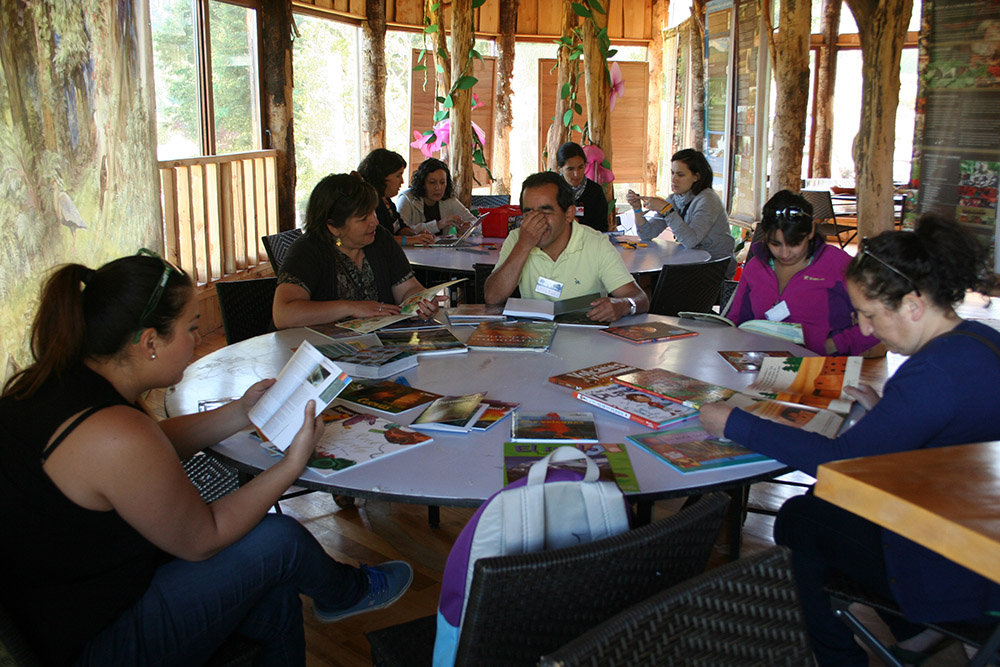Global Partnerships
Since 2015, The Hollingworth Center has completed a multitude of projects in Chile, in collaboration with two Chilean Hollingworth Fellows, Teachers College alumna Maria Eugenia Rivera Matus and educator Anamaria Rivera. Our projects are two-pronged: one aimed at providing high quality professional development workshops for early childhood and elementary K-5 teachers and the other provides programs developed for and taught to local Chilean children, primarily located in a rural community in Patagonia called Neltume.
Under the leadership of Jacquelyn Durán, Director of Science Initiatives, Hollingworth has collaborated with several Chilean governmental agencies including the Chilean Ministry of Science, Technology, Knowledge and Innovation on a regional level through their Division of Science and Society in the Picarquín and Aysén regions of Chile. All of the projects were co-developed with our Chilean colleagues, ensuring the local context was incorporated into our approach to science education for young children.
Teacher Professional Development
The Columbia University Global Center Santiago, established in 2012, engenders and supports the work of faculty and students partnering with academic institutions, governmental organizations, NGOs, and community-based initiatives. The Global Center joins with Chilean scholars and scientists to carry out collaborative research projects and programs with the goal of sharing knowledge and deepening cross cultural understanding.
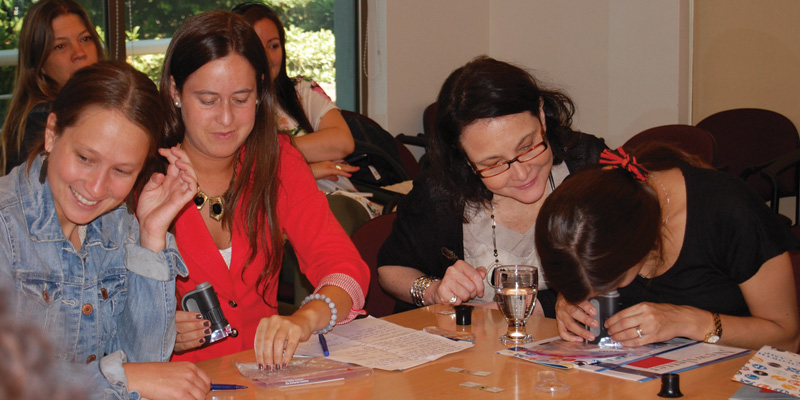
The Hollingworth Center Chilean partnership presented its work at the Santiago Global Center in January 2015 with the talk: Teachers College’s Chilean Project: The Hollingworth Education Experience in Science. The event was attended by administrators, educators, and other professionals all committed to the development of the potential of young children. Jacquelyn Duran, Director of Enrichment Services, and Chilean Hollingworth Fellows, Maria Eugenia Rivera and Anamaria Rivera, shared the Hollingworth inquiry-based science approach and a case study of this approach situated in a rural southern Chile elementary school. Highlighting active hands-on exploration to immerse the attendees in the approach, an investigation of sand from varied locations around the world was carried out with easily sourced and inexpensive hand-held microscopes. The participants in this workshop left with a wider vision of what is possible in science education and a desire to continue learning more about the approach. The partnership team continues to work with the Global Center to develop new offerings.
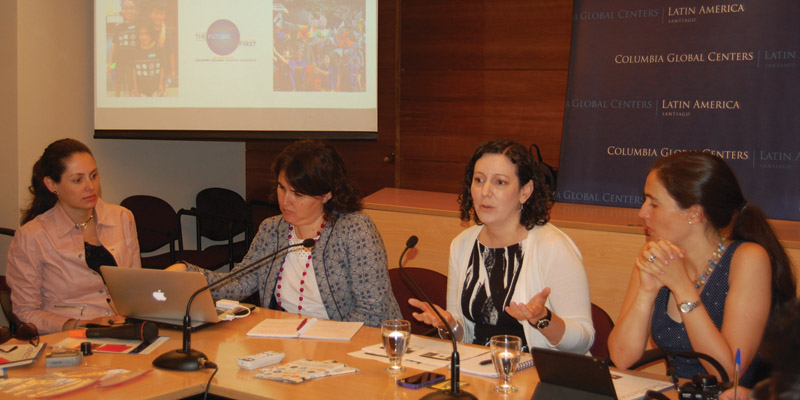
Throughout 2015, the project piloted a collaborative case study with a teacher at Escuela Tierra de Esperanza in Chile. The Chilean context, and specifically the partner school, remained at the forefront of this work, dispelling a one-size-fits-all instructional approach. The two Chilean Hollingworth Fellows along with the Hollingworth team planned inquiry-based lessons based on the first grade Chilean science standards the teacher was required to implement in the classroom. Through exposure to this new approach, the children considered themselves scientists as they engaged in inquiry and developed their scientific mindset. The Fellows visited the school modeling and co-teaching the lessons, partnering on the design of inquiry-based pedagogy, and sharing strategies that nurtured the children’s sense of wonder, curiosity, and sense of self as a scientist.
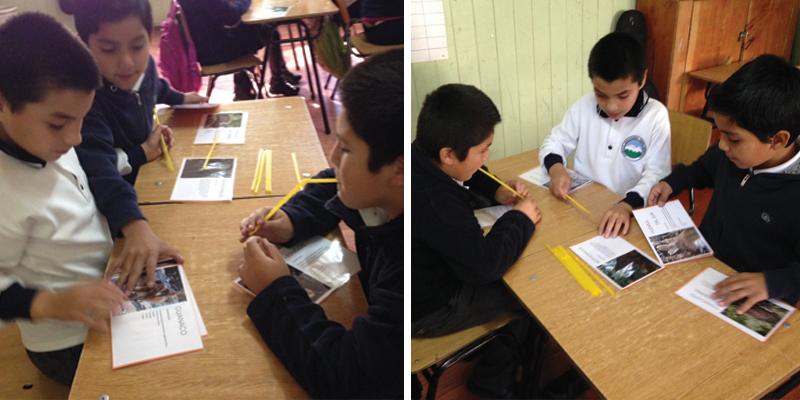
In January 2017, The Hollingworth Center collaborated with Programa Explora, a Chilean government agency focusing on science initiatives throughout the country. Professional development was provided for Chilean teachers through the Chile Va Profesores camp in Picarquín, Region VI of Chile. Over one hundred early childhood, elementary school, and special needs teachers attended a week-long camp, participating in a variety of workshops and team-building exercises. The goal of this experience was the creation of communities of best practices centered on an inquiry-based pedagogical approach to science.
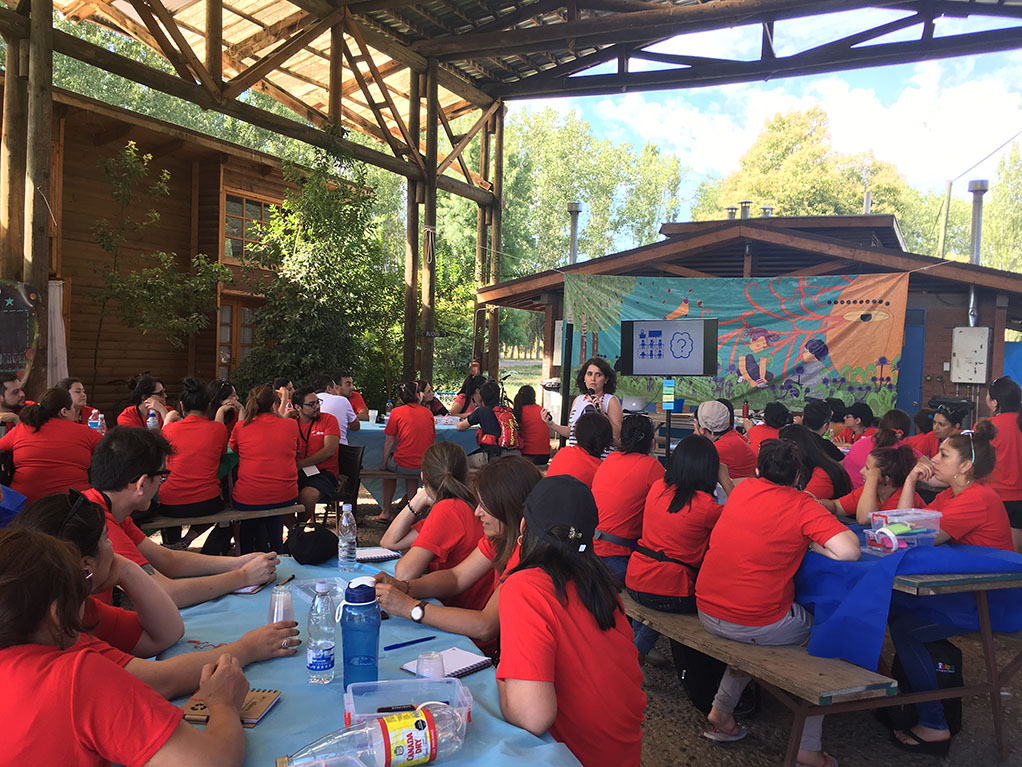
Jacquelyn Duran, Director of Enrichment Services, and Chilean Hollingworth Fellows, Anamaria Rivera and Maria Eugenia Rivera led workshops for the educators focusing on the theory behind inquiry-based science teaching, as well as opportunities to practice their newly acquired knowledge through active participation. Each workshop involved hands-on group work that modeled best practices.
Workshops included:
- Motivación y Aprendizaje (Motivation and Learning)
- Ideas Previas (Prior Knowledge)
- El Poder de las Preguntas (The Power of Questions)
- Experiencias de Indagación (Inquiry Experiences)
- Habilidades Científicas (Scientific Skills)
- Diseño Ingenieril (Engineering Design Process)
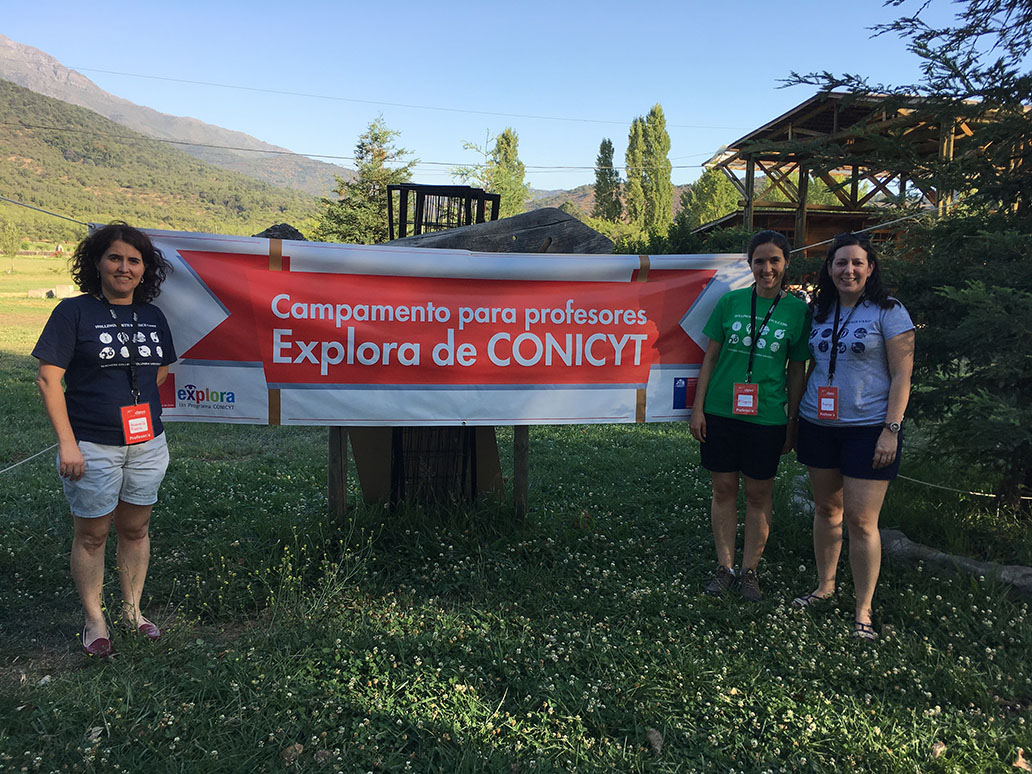
See the video about the camp here.


During the COVID-19 pandemic, The Hollingworth Center partnered with the Chilean Ministry of Science, Technology, Knowledge and Innovation, the government-run EXPLORA program from the region of Aysén, and Universidad Austral of Chile, Patagonia Campus to provide a semester-long online training to early childhood educators on inquiry-based science. Each week included a synchronous meeting, an asynchronous video with additional background and theory, and homework assignments. Weekly topics included: Estereotipos de ciencias (Stereotypes in Science), Qué es ciencias? (What is Science?), Experiencias de indagación (Experiences in Inquiry), Competencias Científicas (Scientific Skills), Preguntas de Indagación (Inquiry Questions), Ideas Previas (Prior Knowledge), and Variables (Variables). The course culminated in the teachers writing inquiry-based lesson plans for use in their classrooms.




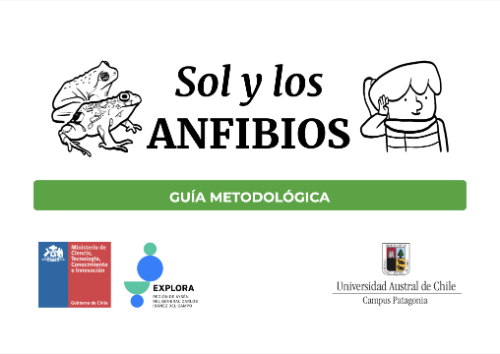
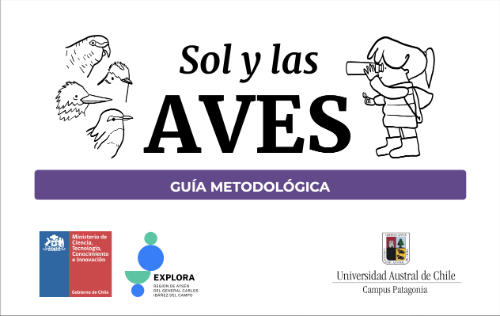
Part of a larger project to encourage Chilean teachers to engage with their National Parks and Reserves through virtual visits to protected areas, we developed inquiry-based lessons that connected to the animation series they created to introduce students to the kinds of animals found in the protected park area. The lessons create a mini-unit that culminates in an engineering-design challenge to assess students’ understanding of the topic. Three guides were created for the Marisol animated series: birds, amphibians and mammals.
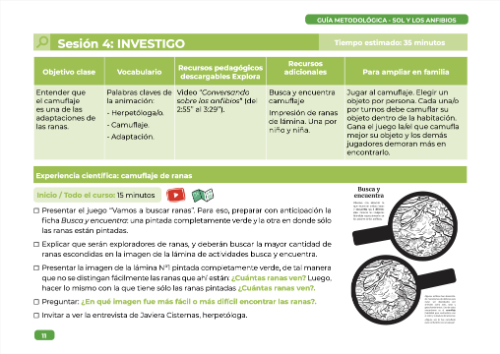
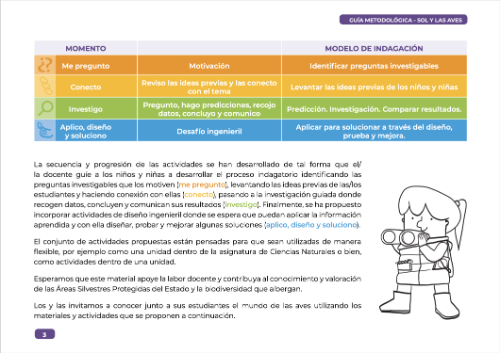
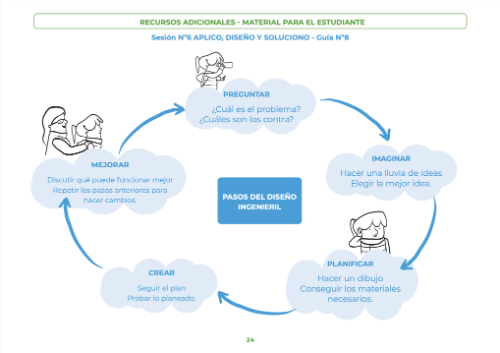
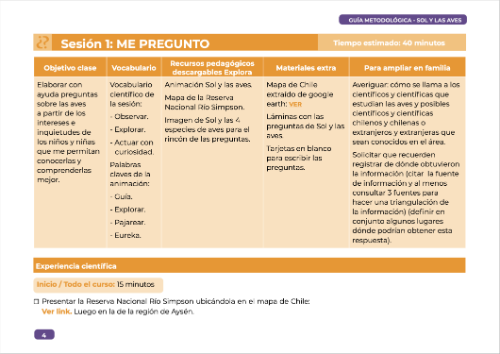
Programs for Children in Chile
The Partners in Science initiative began in January of 2015 with the Chilean Huilo Huilo Foundation. The Foundation, established in 1999, is an ecological preserve in the Patagonian region of Chile highlighting the threefold mission of land conservation, scientific research, and community outreach. In an effort to expand its educational programming, a science camp for local children was imagined. Through educating the children about the nature surrounding them, the hope was to cultivate a value of, and steward for, the land in this and future generations.
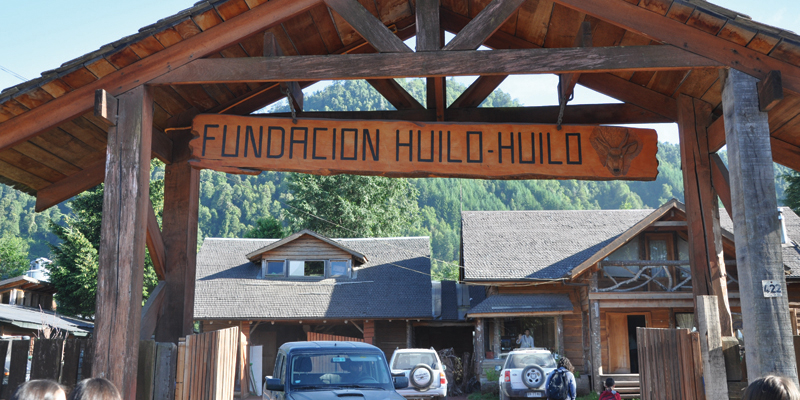
Two goals guided this partnership: the development of inquiry-based science curriculum that was culturally relevant for rural, students from under-resourced and underperforming schools; and sharing the Hollingworth science-centered pedagogical approach with local teachers. Providing professional development offers teachers the opportunity to discover the theories behind this approach and to apply this to all areas of teaching, including but not limited to science. Both of these goals, direct services to children and educators, open new pathways for the development of the potentials and talents of both the students and teachers.
YEAR ONE
The Hollingworth Huilo Huilo Science Camp of 2015 welcomed children in 1st through 5th grade from the town of Neltume in the Region de los Rios part of Chile. During the academic year these students attended Escuela Tierra de Esperanza (Land of Hope School), classified as a rural and low-performing school. Darwin’s frog, a unique species found only in Chile, and researched by scientists at Huilo Huilo, was the camp theme. The challenge was to implement an inquiry-based curriculum with the campers whose education was limited to traditional teacher-directed pedagogy. Through inquiry-based lessons the children explored camouflage, membranes, and the unique life cycle of this fascinating animal. With the goal of bringing the work of scientists into the camp, two researchers investigating Darwin’s frog at the Reserve visited the program, shared their work as well as the challenges of learning about such a delicate animal. In response to this real life dilemma and as a culminating project, the children used the engineering process to design a prototype holding container for field-based observations of the frog.
While the local children participated in their first immersive science experience, pedagogy was also shared with the teachers of Escuela Tierra de Esperanza, so these educators could bring inquiry-based science to their school year round. A two year professional development sequence included a first summer of observation and discussions and a second summer as assistant teachers. The teachers and principal provided positive feedback about the experience and noted their surprise regarding the students’ purposeful engagement and the quick grasp of new scientific vocabulary.
In addition to the camp and teacher training components of the project, Huilo Huilo provided the Hollingworth team a close-up look at projects on the Reserve, in order to gain a deeper understanding of the local research. Toward that end, the partnership team visited the huemul deer enclosure designed to combat its extinction, ventured to the top of a glacier to dig out snow learning how scientists study the layers, drove to a volcano to see the seismic equipment, and shadowed researchers as they captured, catalogued and released Darwin’s frogs to assess the size of their population. This synergy between educators and scientists remains an exemplar of the collaboration between professionals from complementary domains and its impact on science learning for children.
YEAR TWO
The project launched with its second science camp at the Reserve in January 2016. Based on the resounding success of Year 1, 2016 brought increased enrollment as well as the expanded ages of the children from kindergarten through seventh grade. Given the looming presence of the Mocho-Choshuenco volcano and several others visible from Huilo-Huilo, the topic of Earth was chosen as the focus. The campers engaged in place-based science through the study of rocks, minerals, erosion, volcanoes, and earthquakes. A geologist from the Reserve visited and shared her work and the tools she uses in the field. As in the previous year, the engineering design process was incorporated and the children created prototype structures that they tested on a shake table, simulating an earthquake.
The teachers from Year 1 returned as assistant teachers and the second cohort of teachers joined as observers. Staff development workshops prior to the arrival of the children focused on the theory behind inquiry-based science, designing inquiry-based lessons, revising country mandated topics to reflect an inquiry approach, and classroom management of materials and time. An overarching theme was the practicalities of implementation at the educators’ home school.
